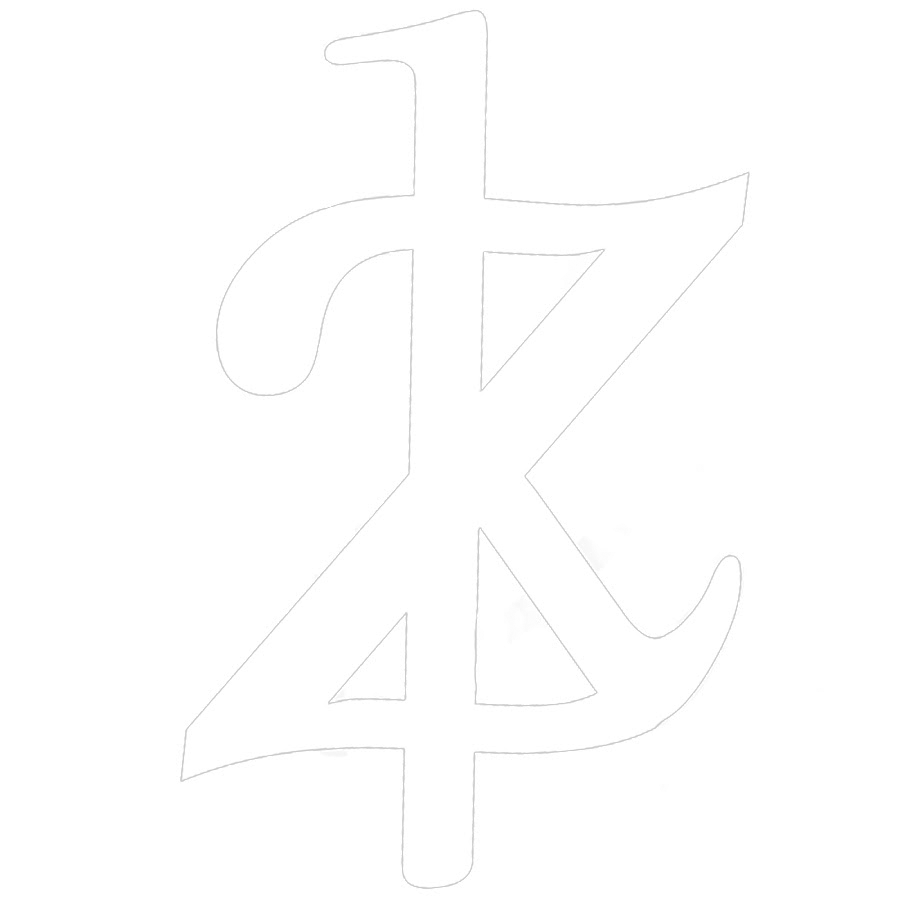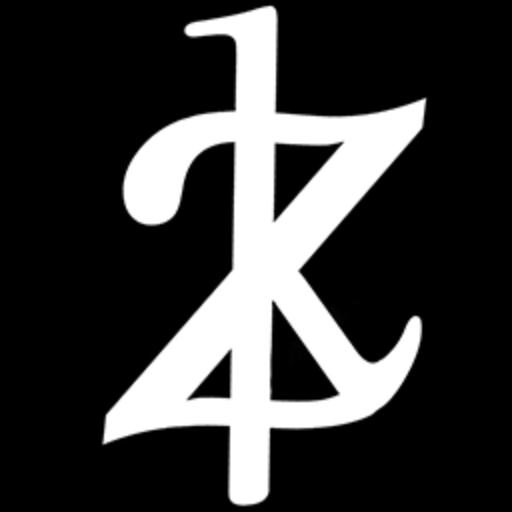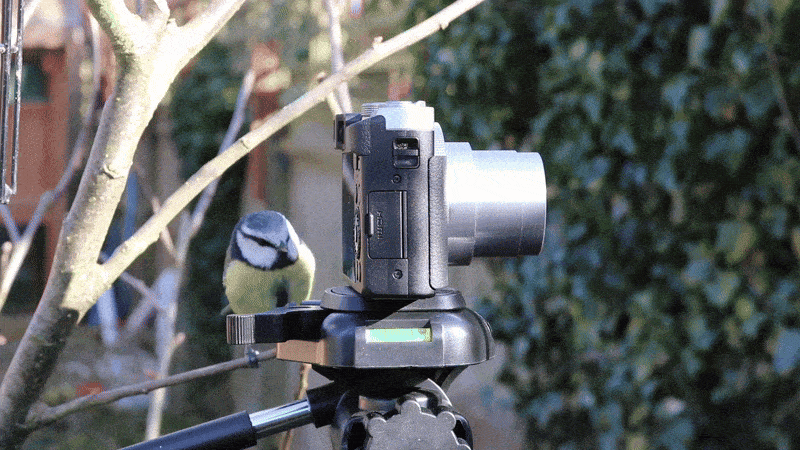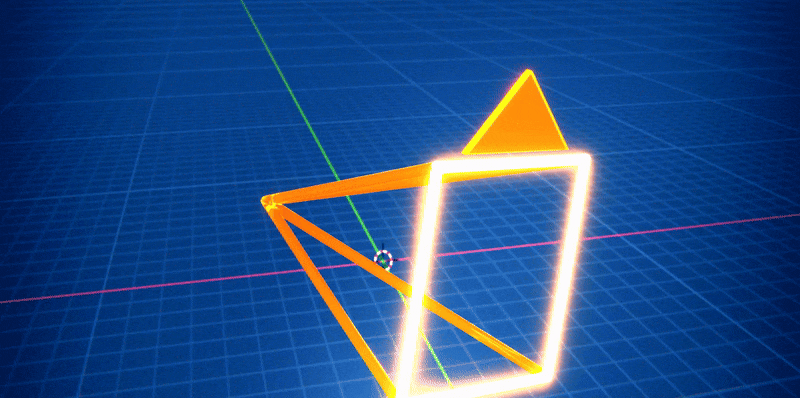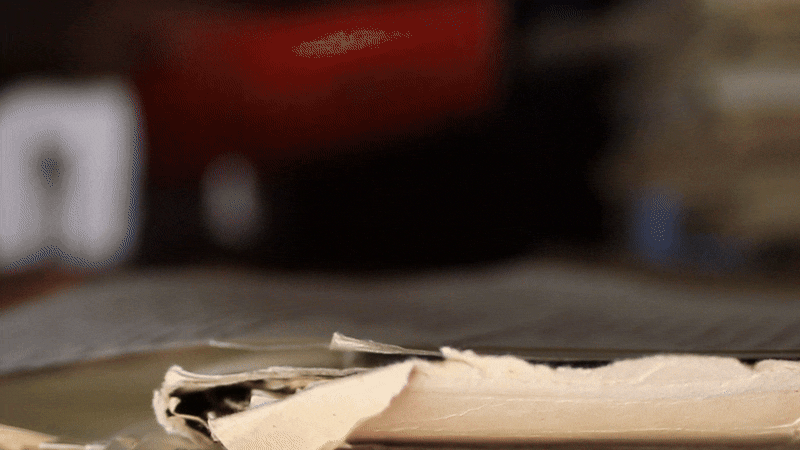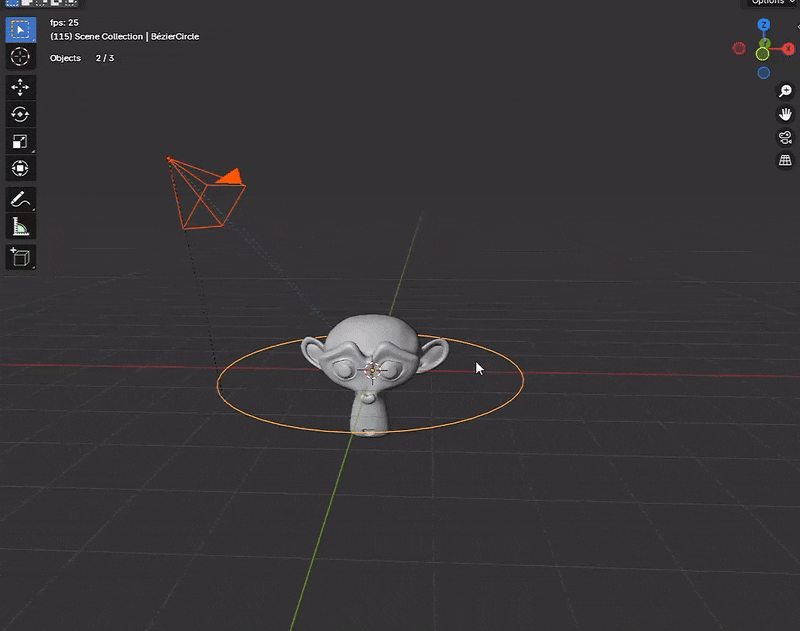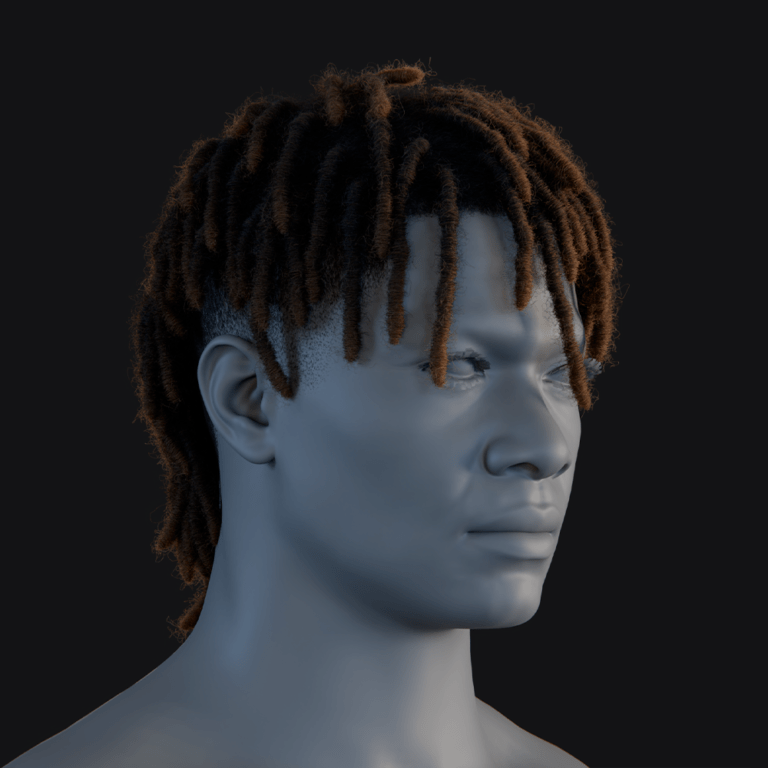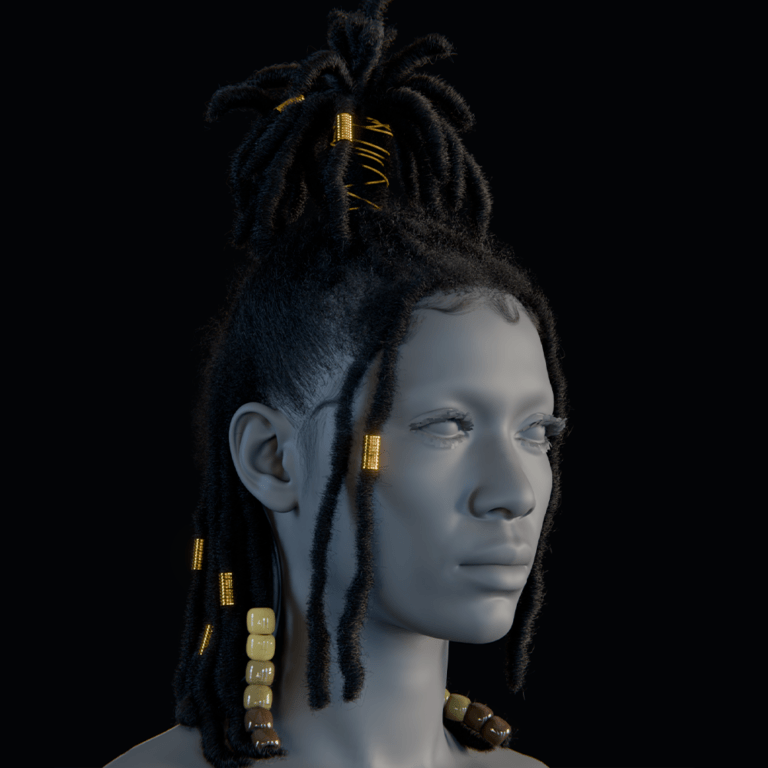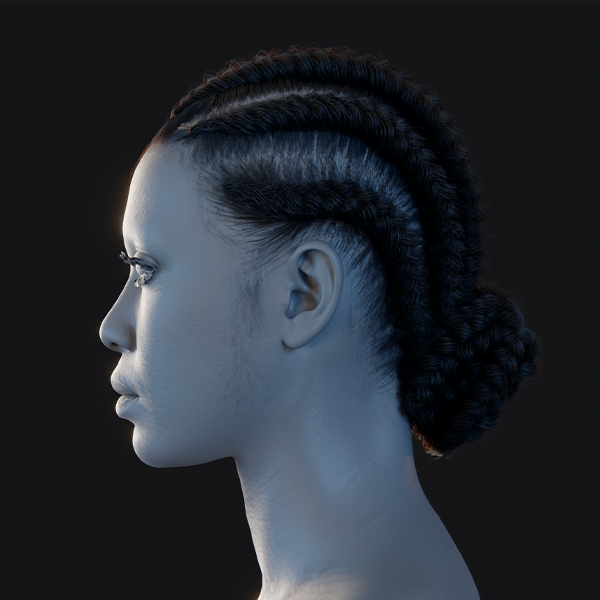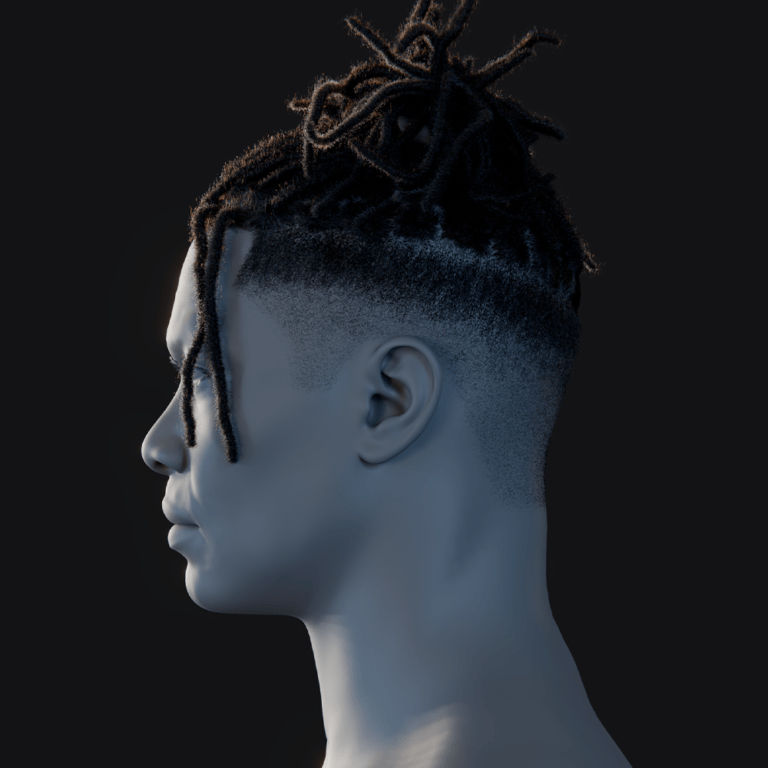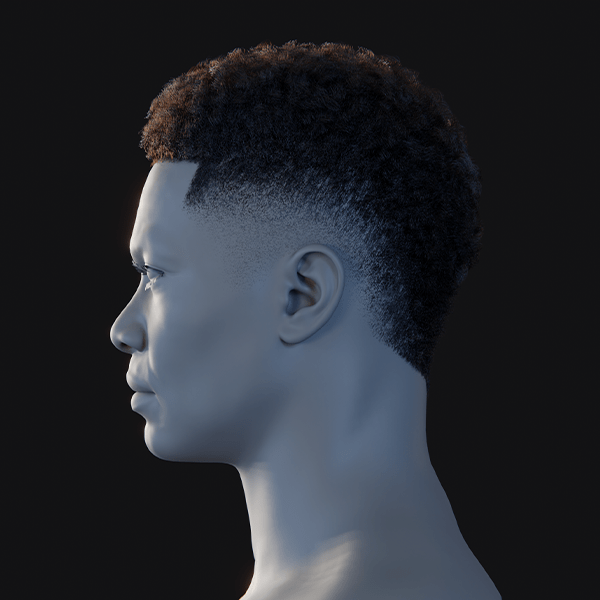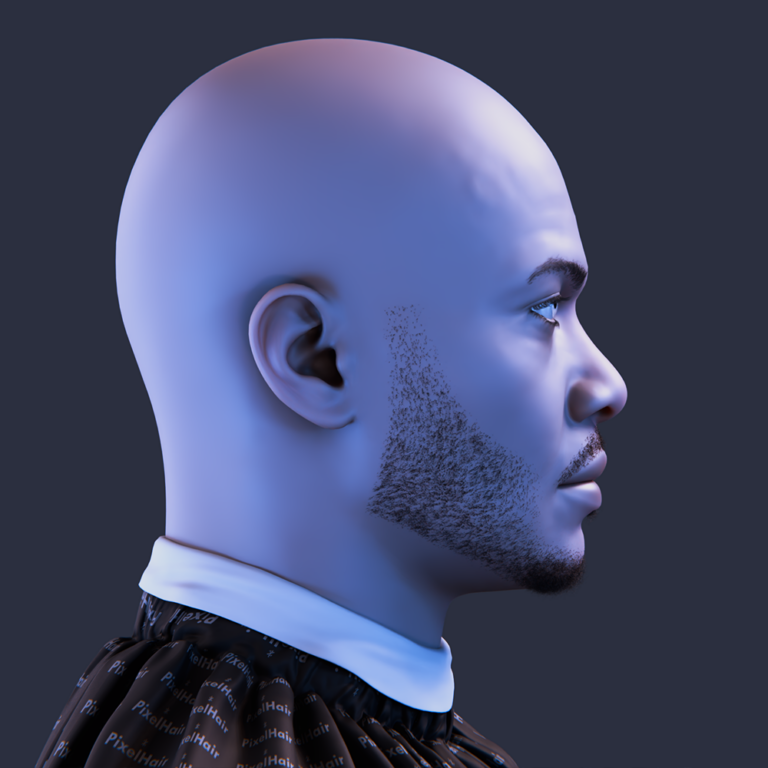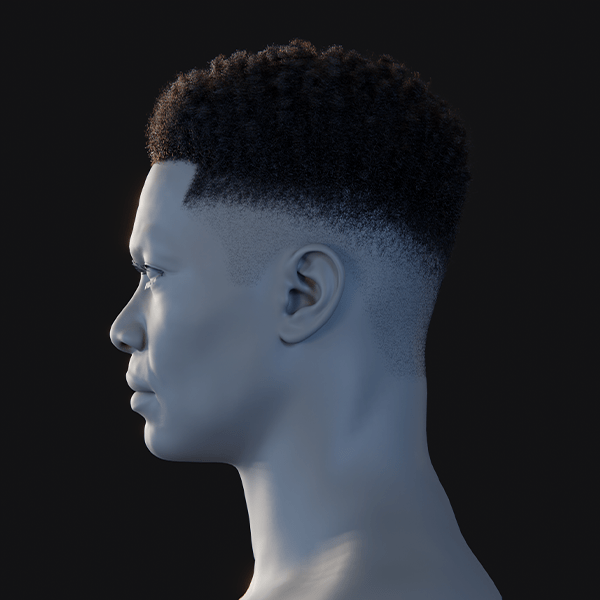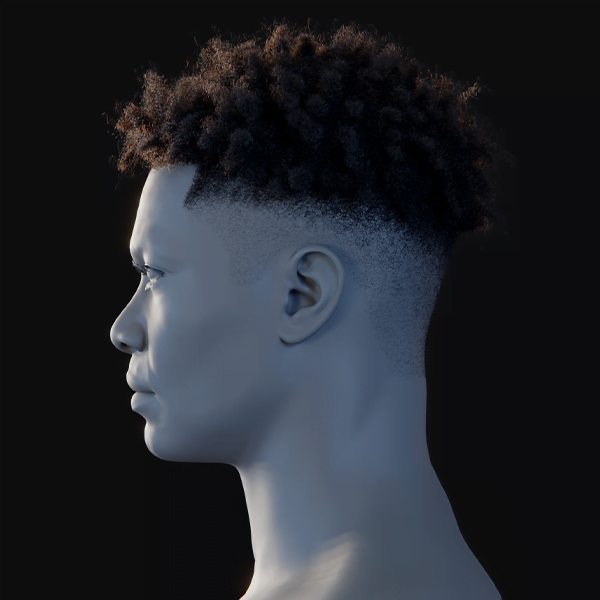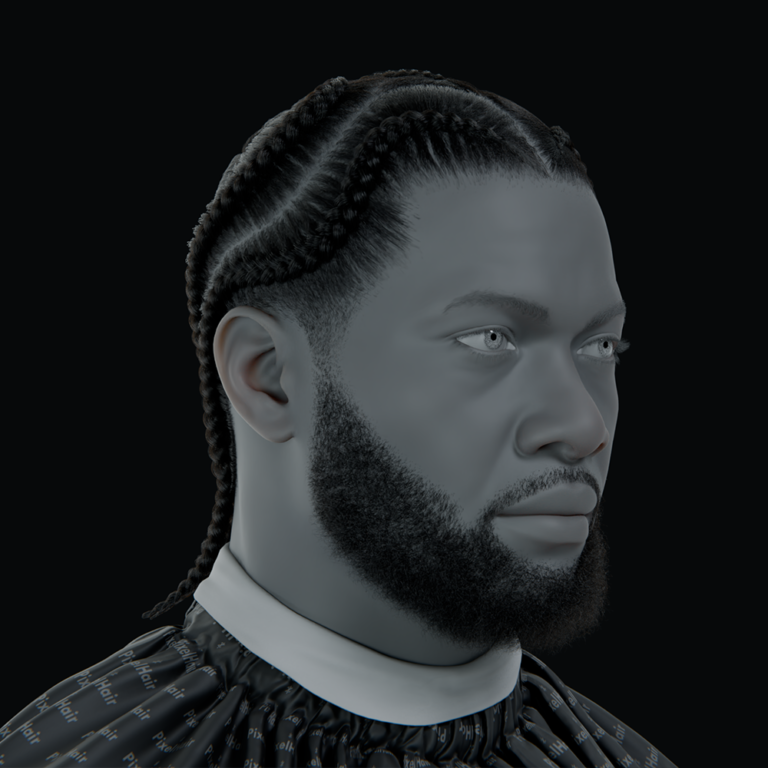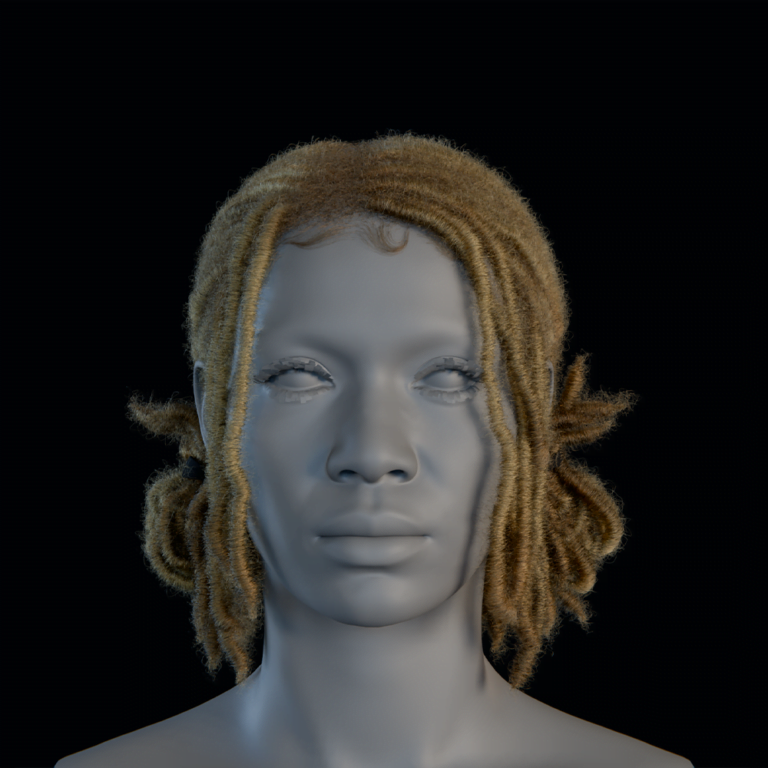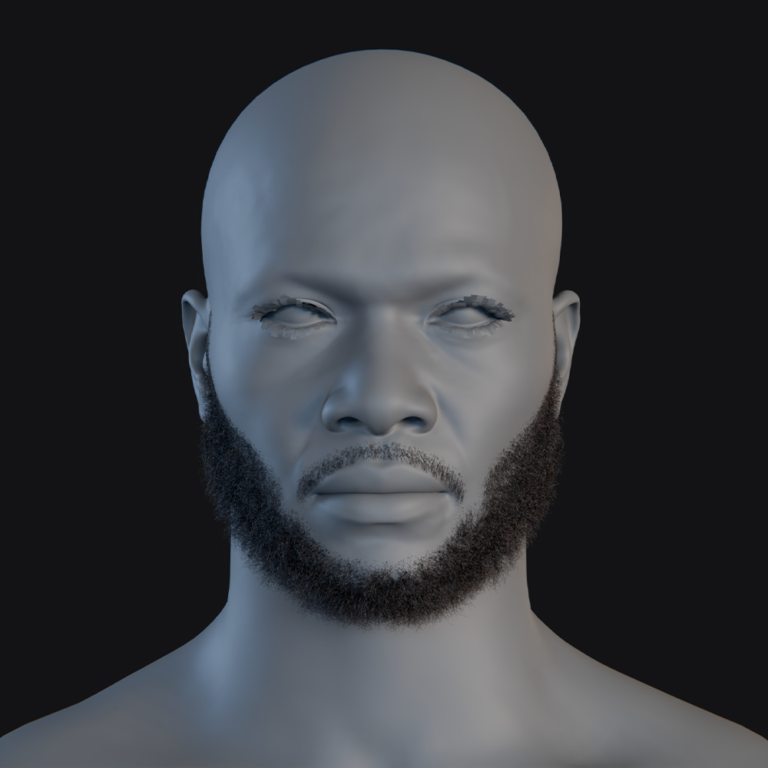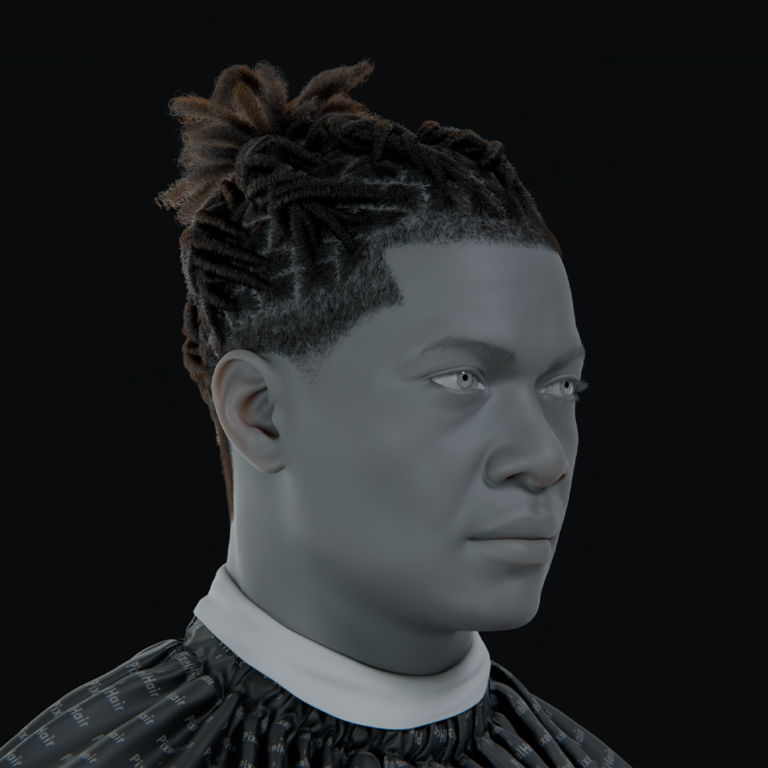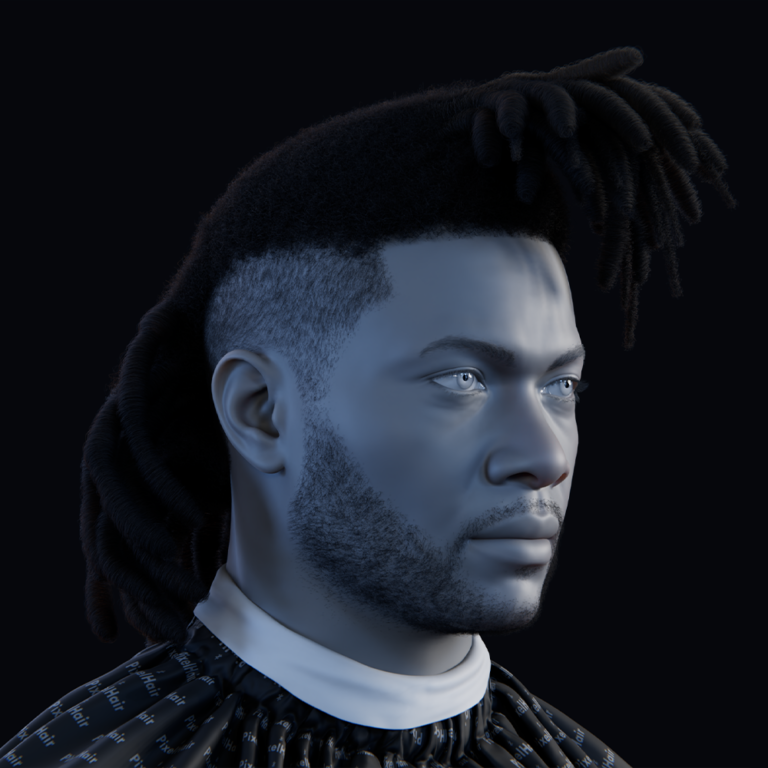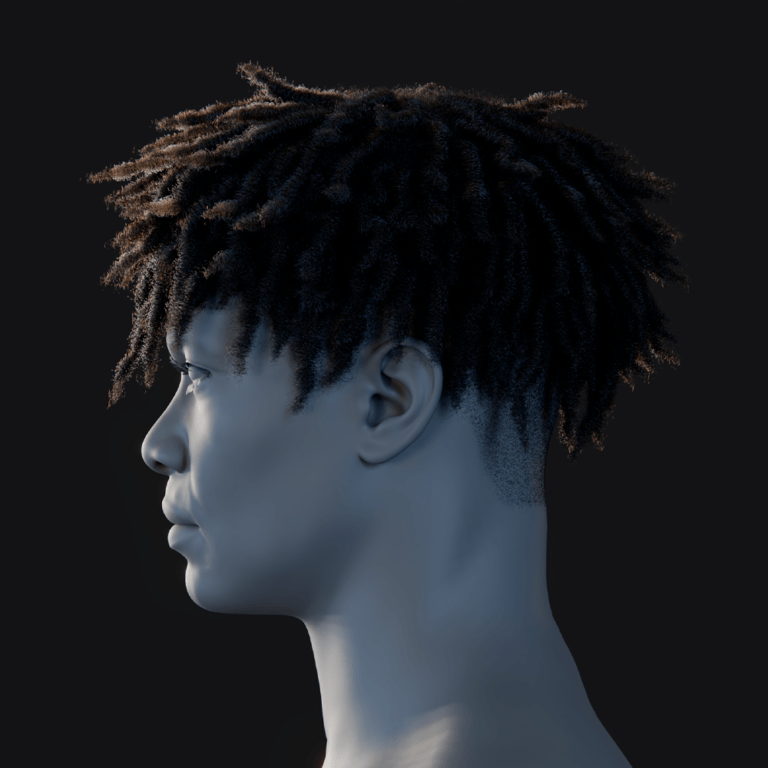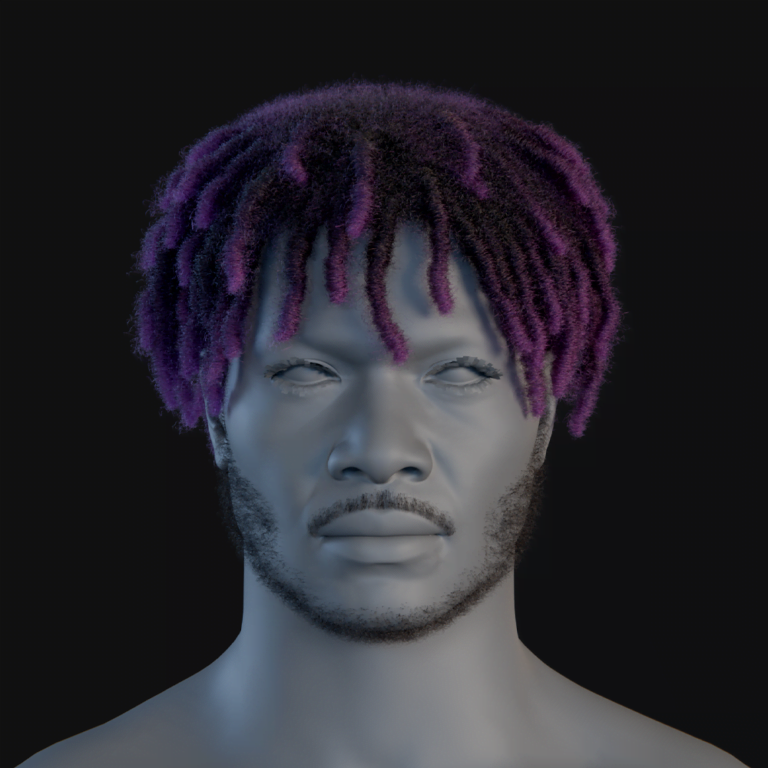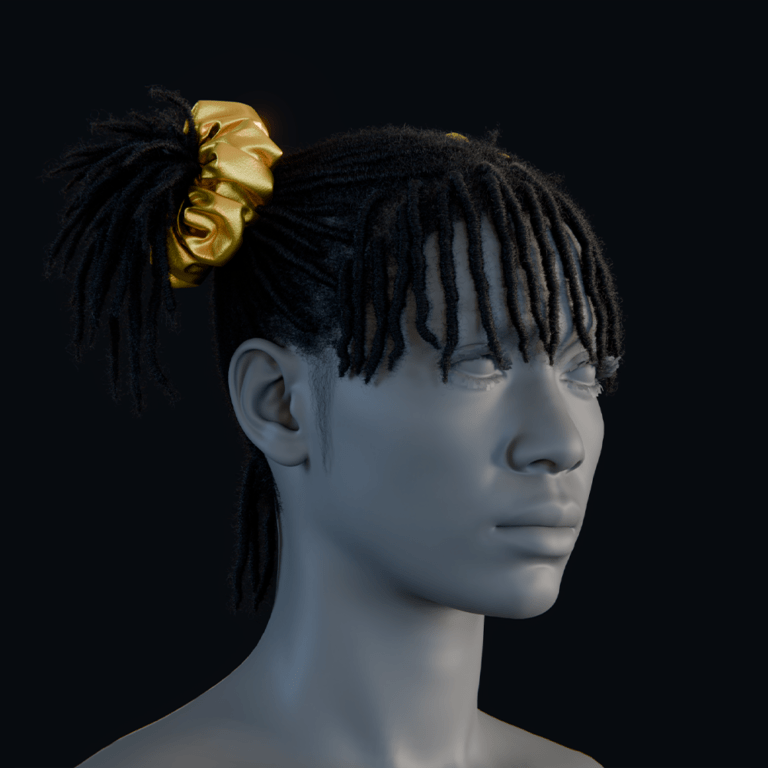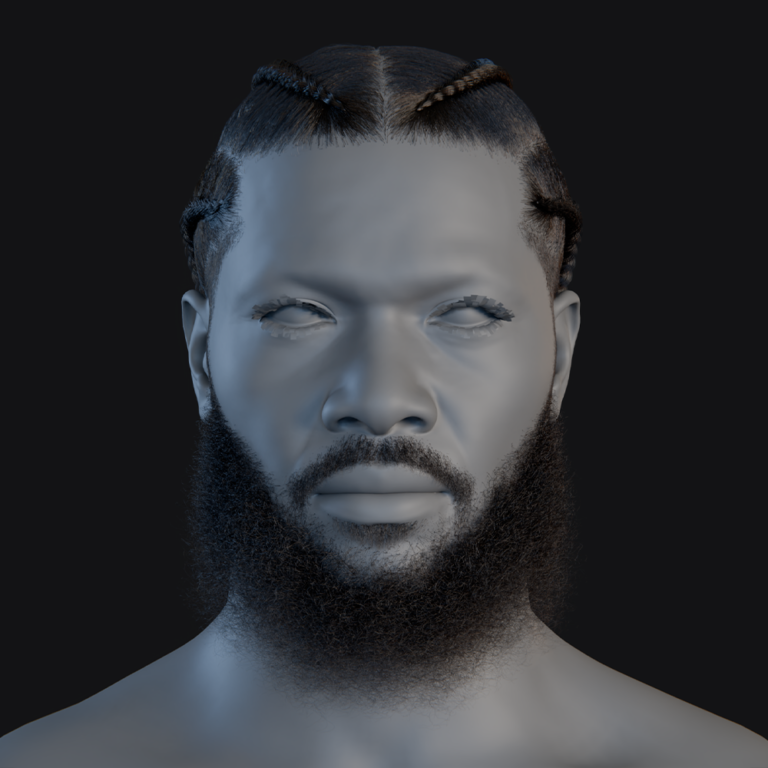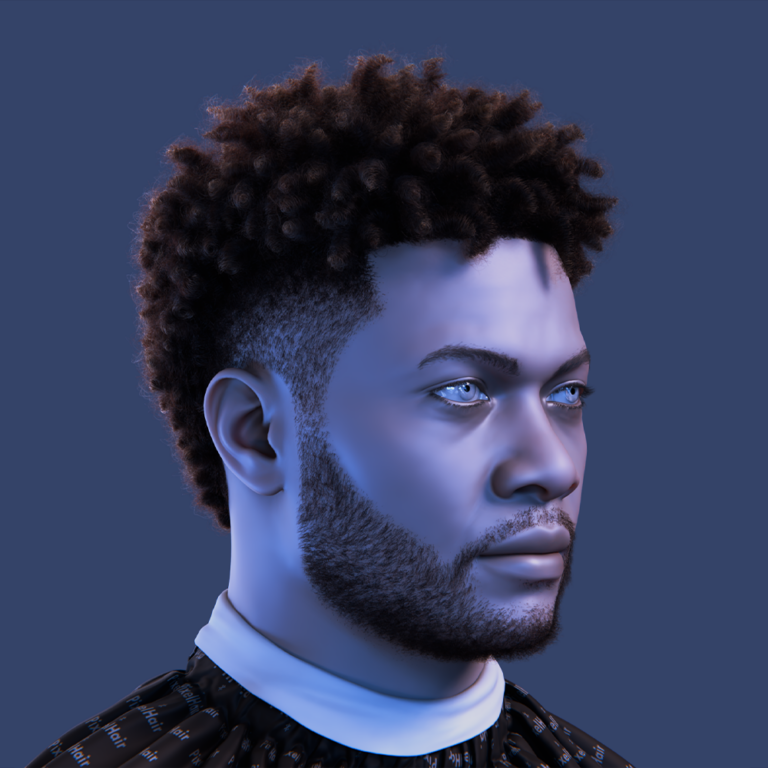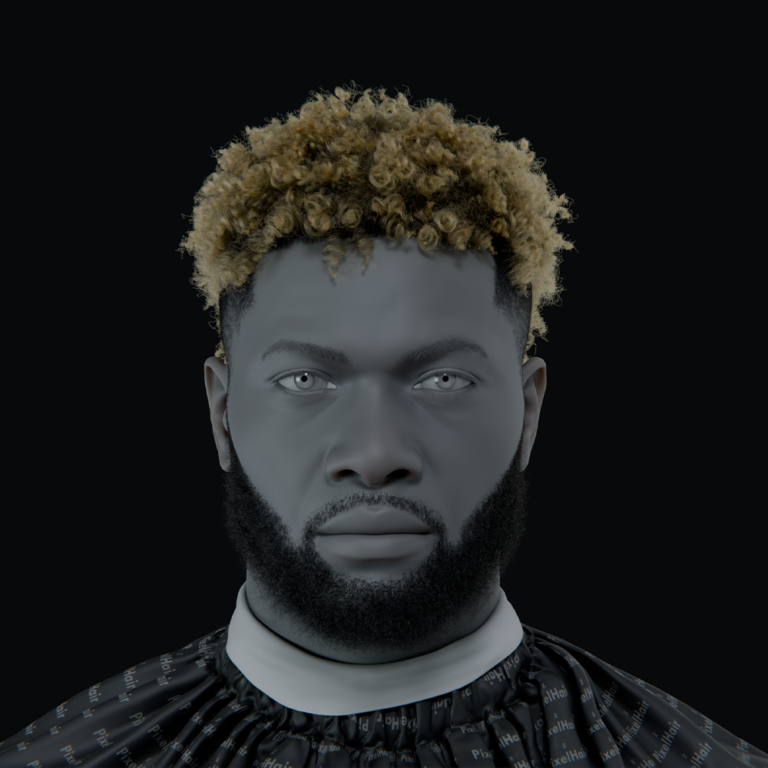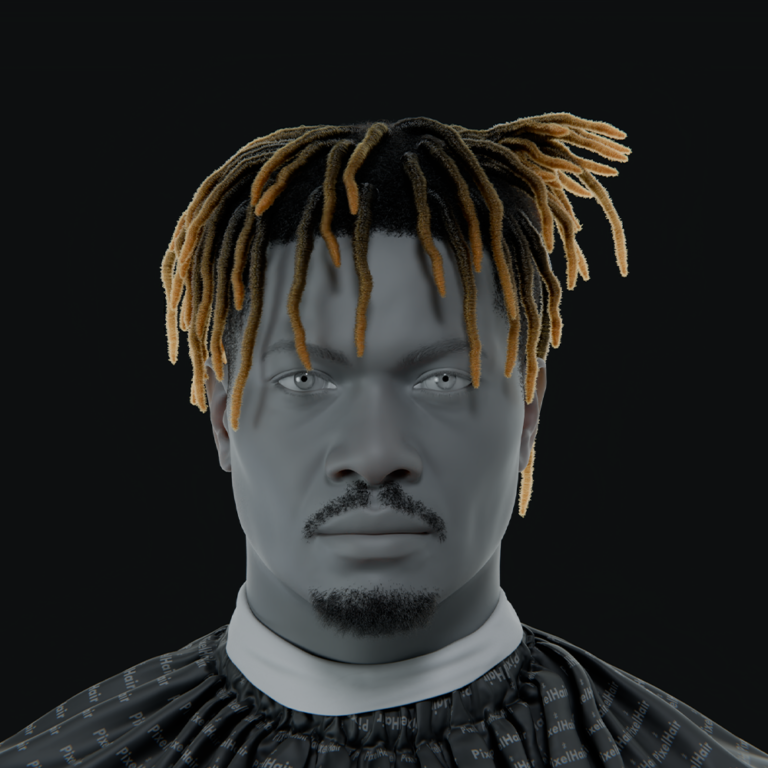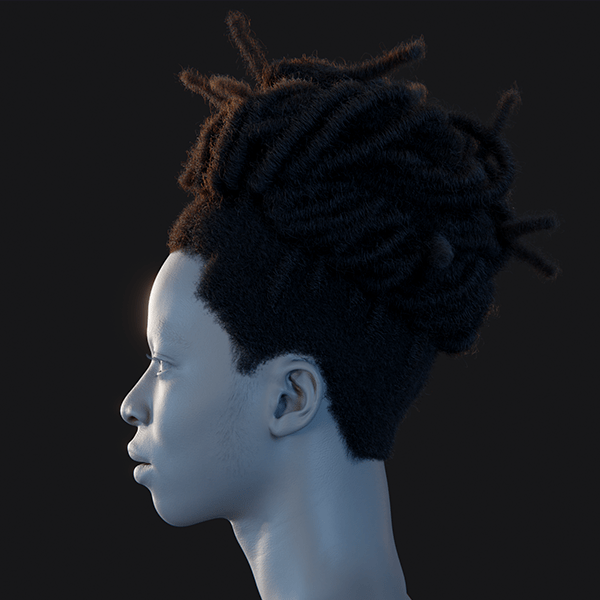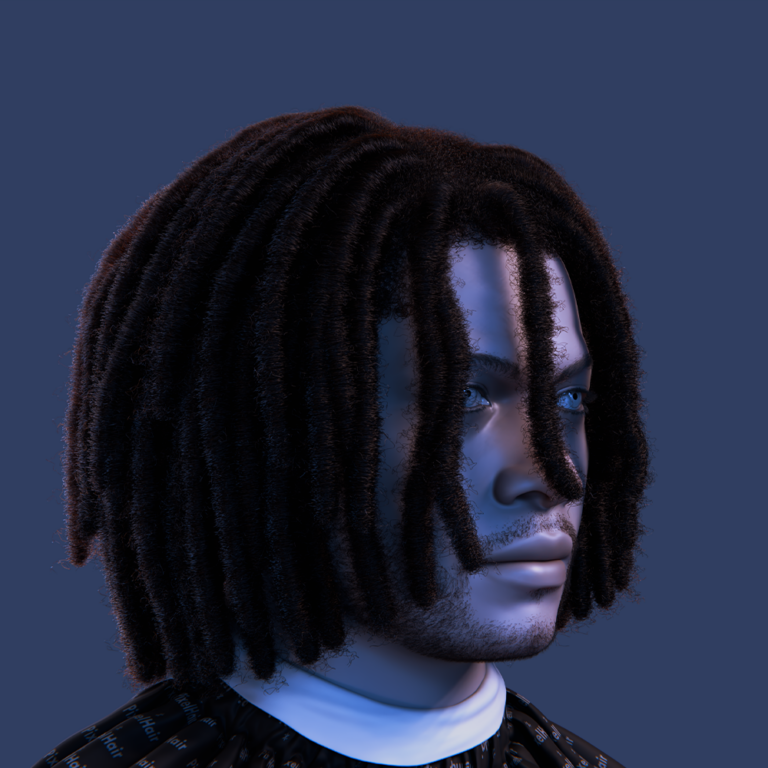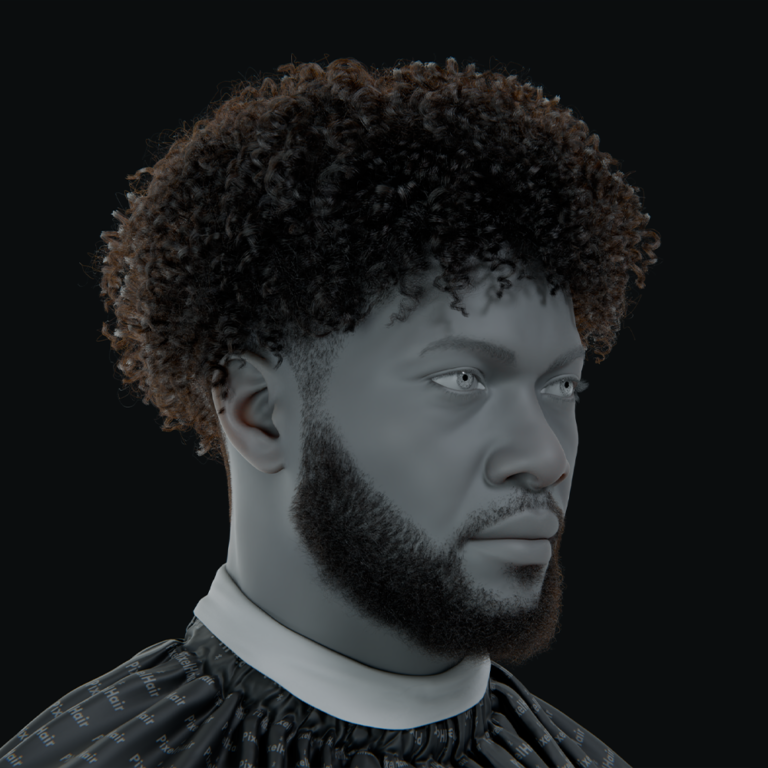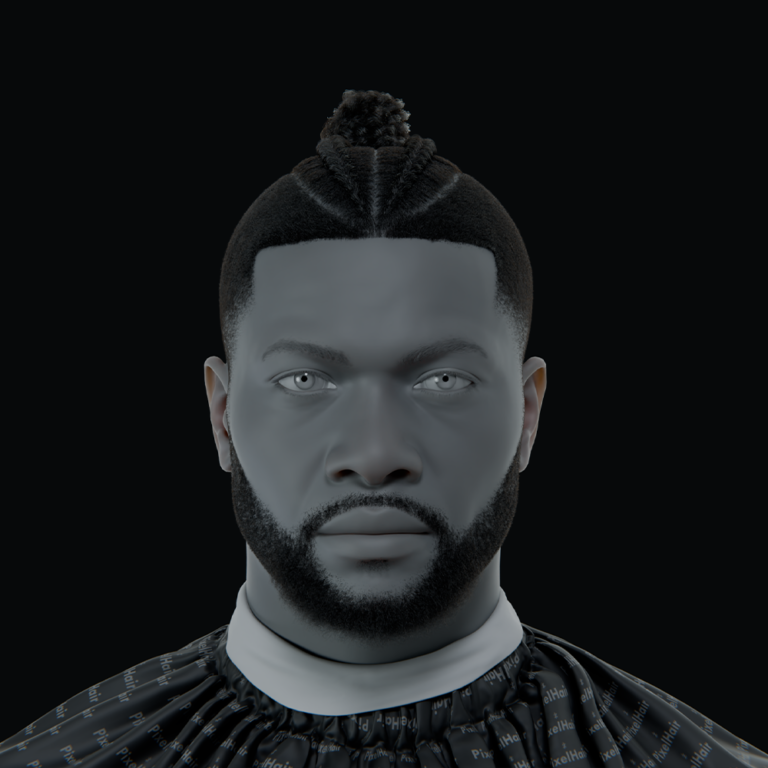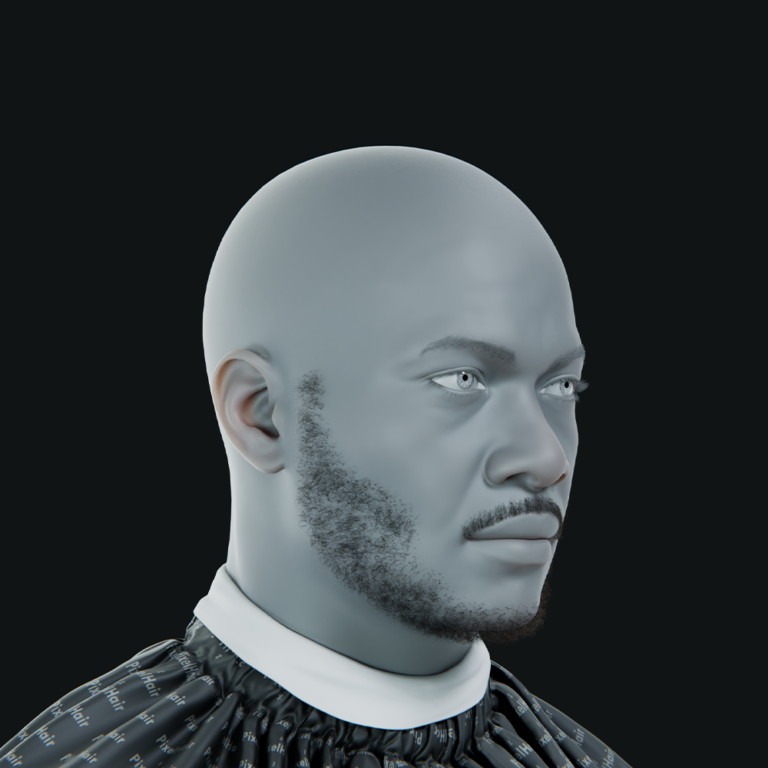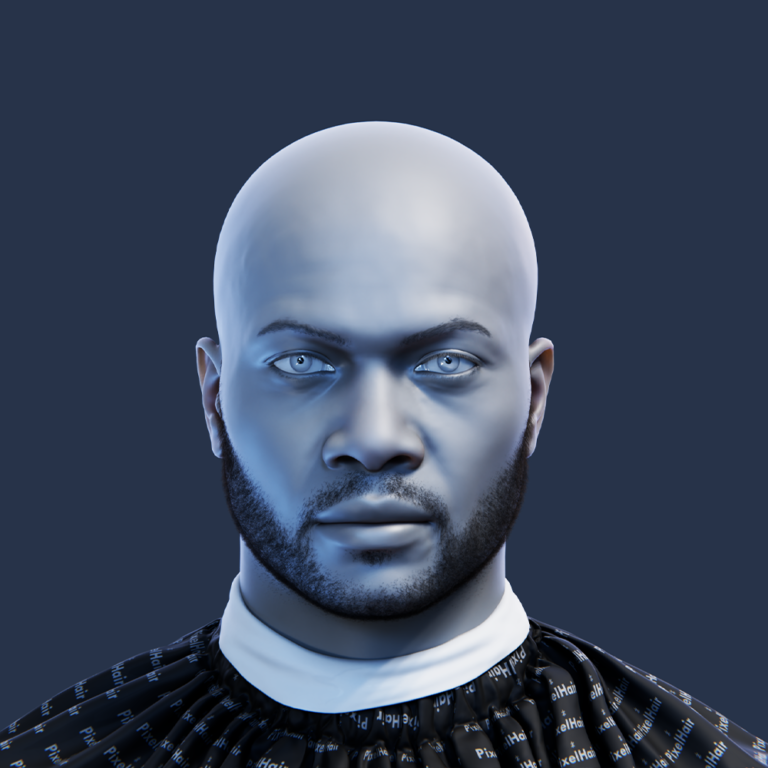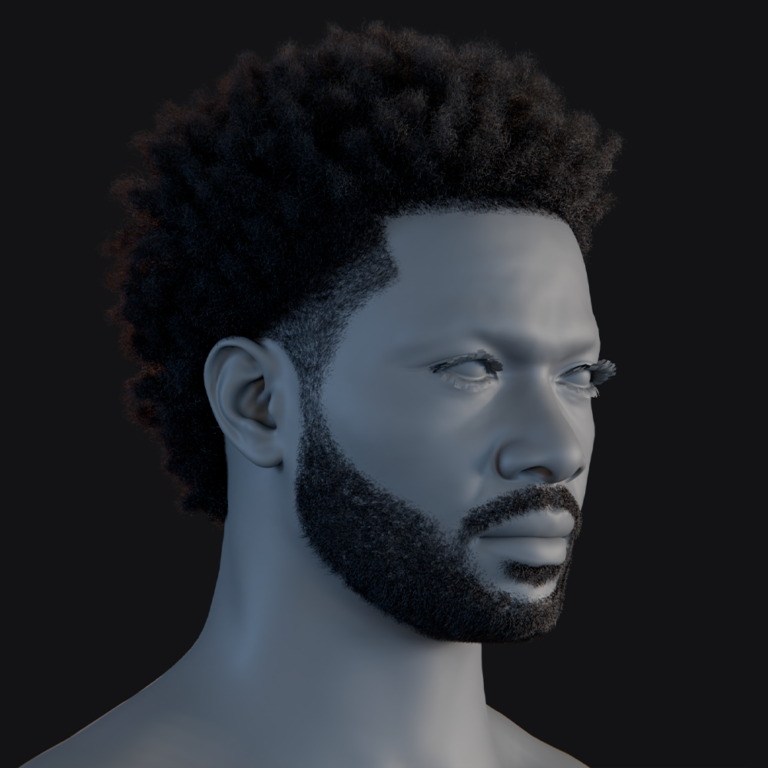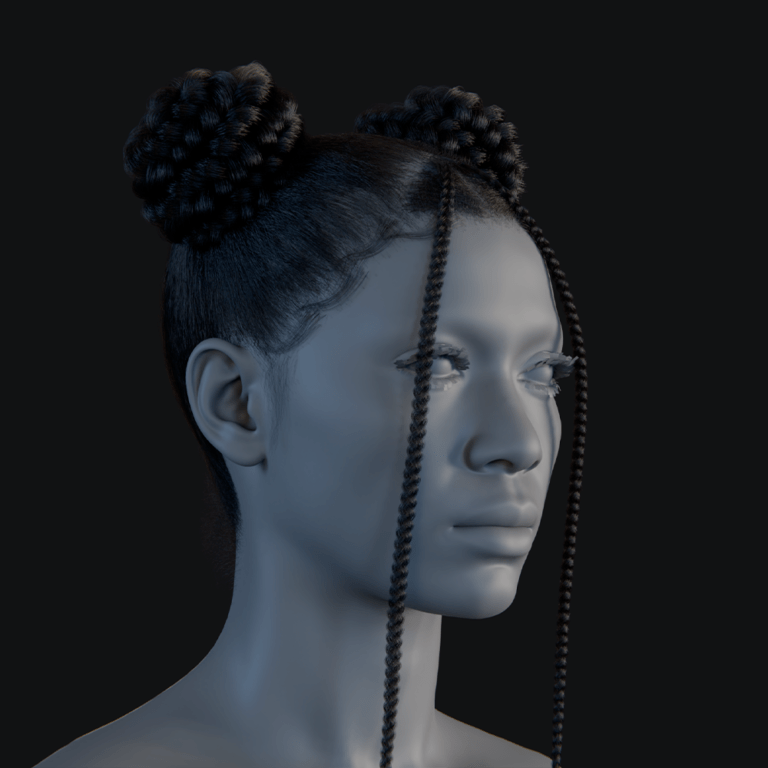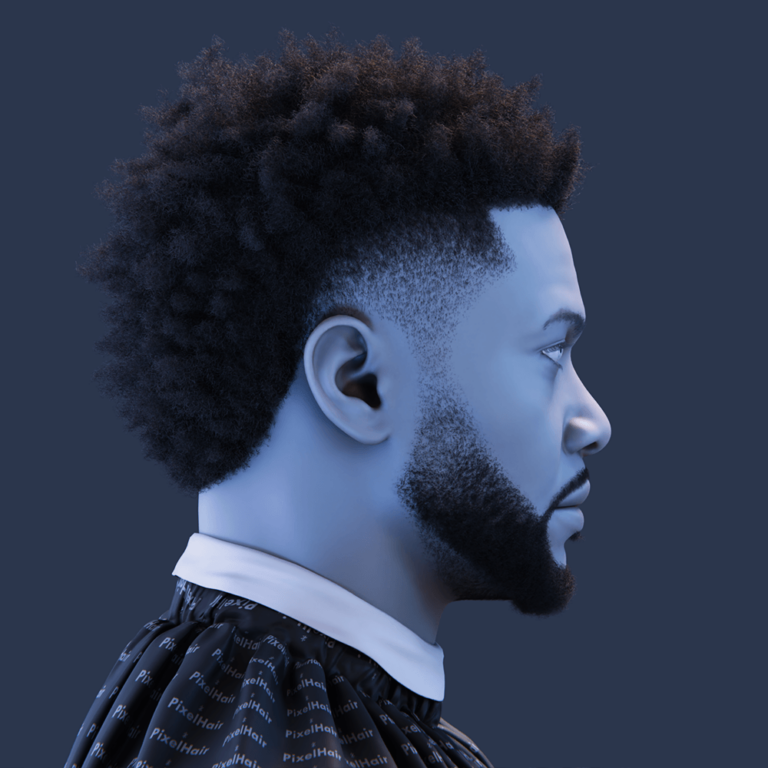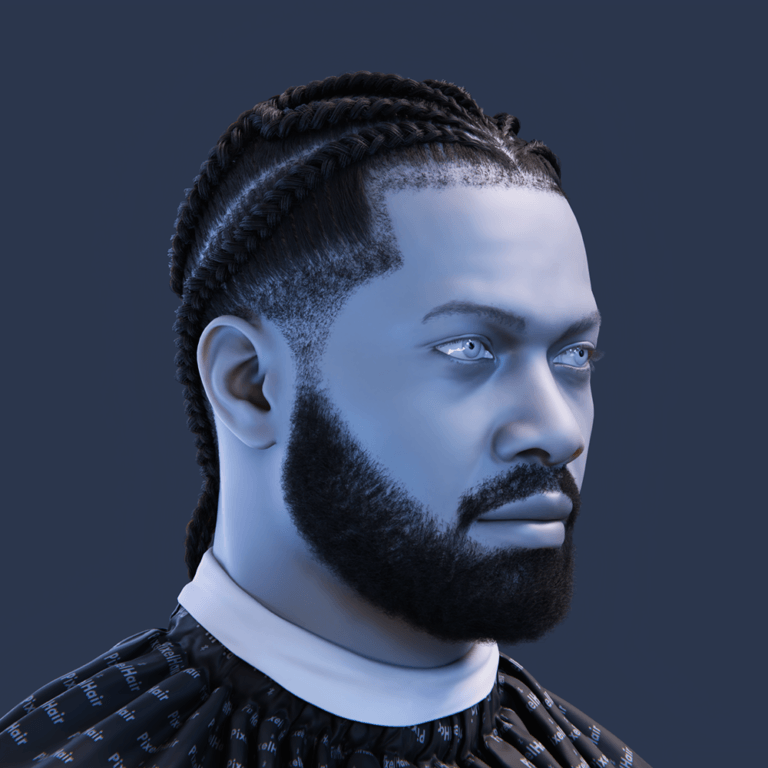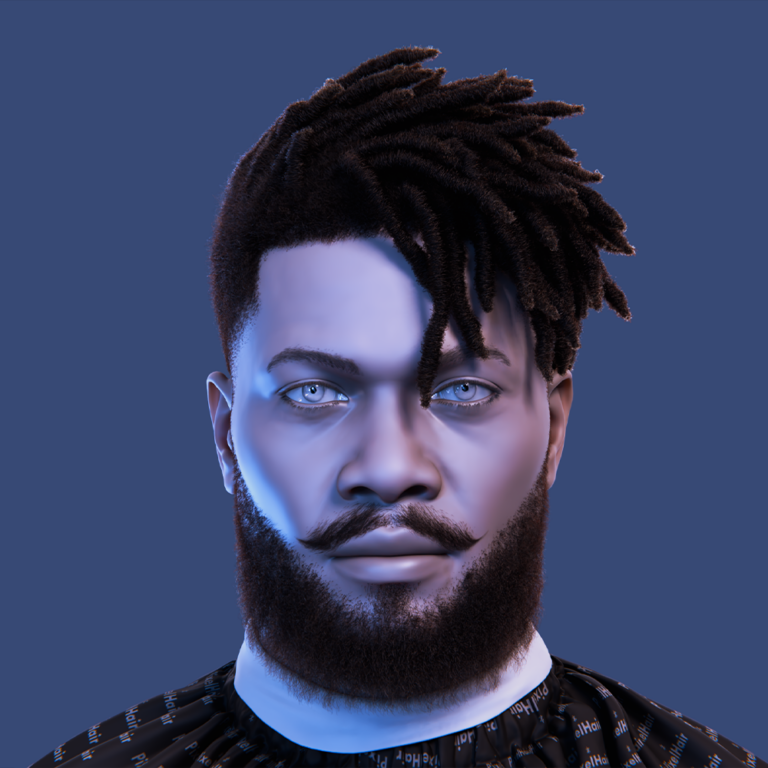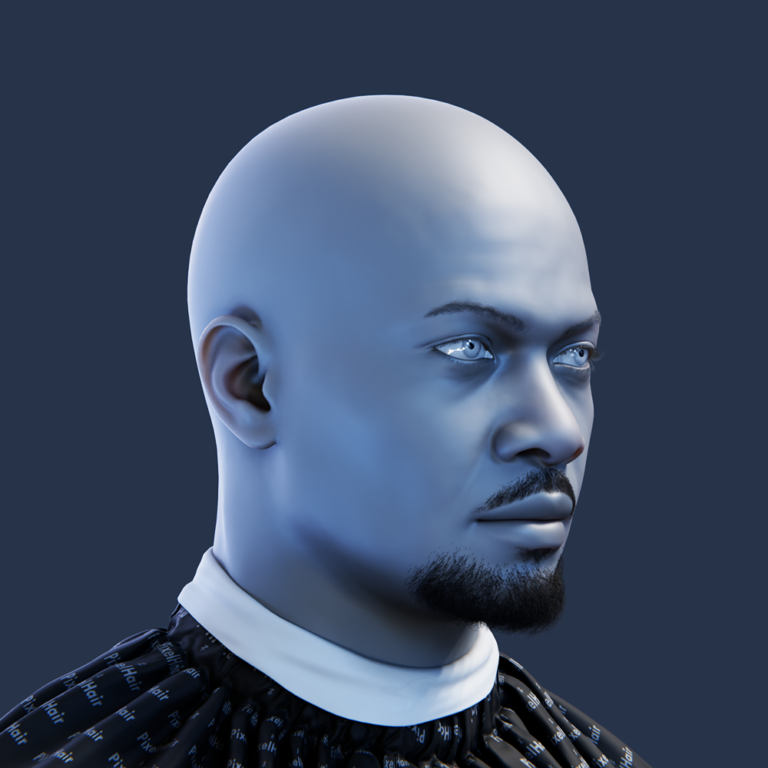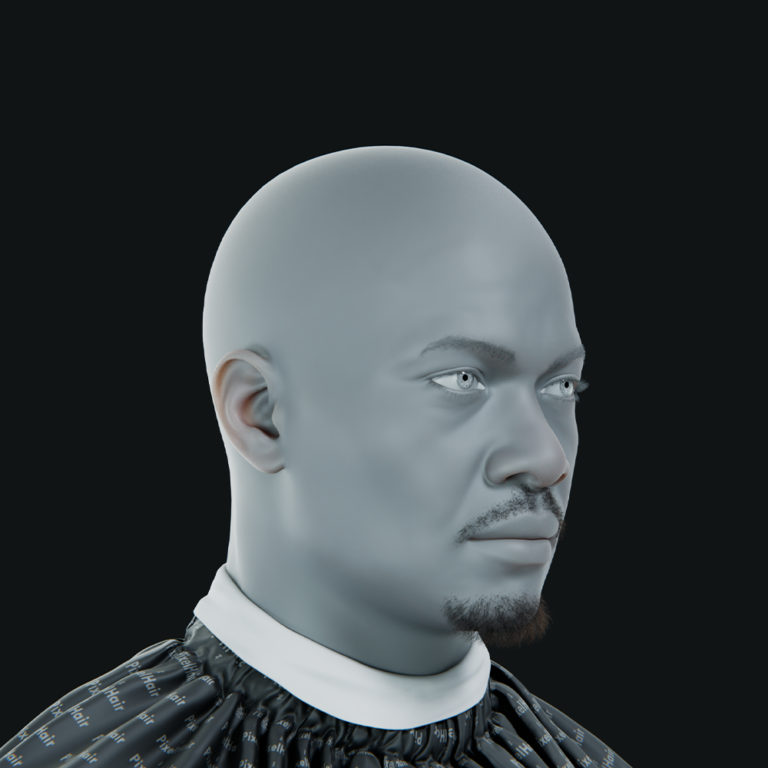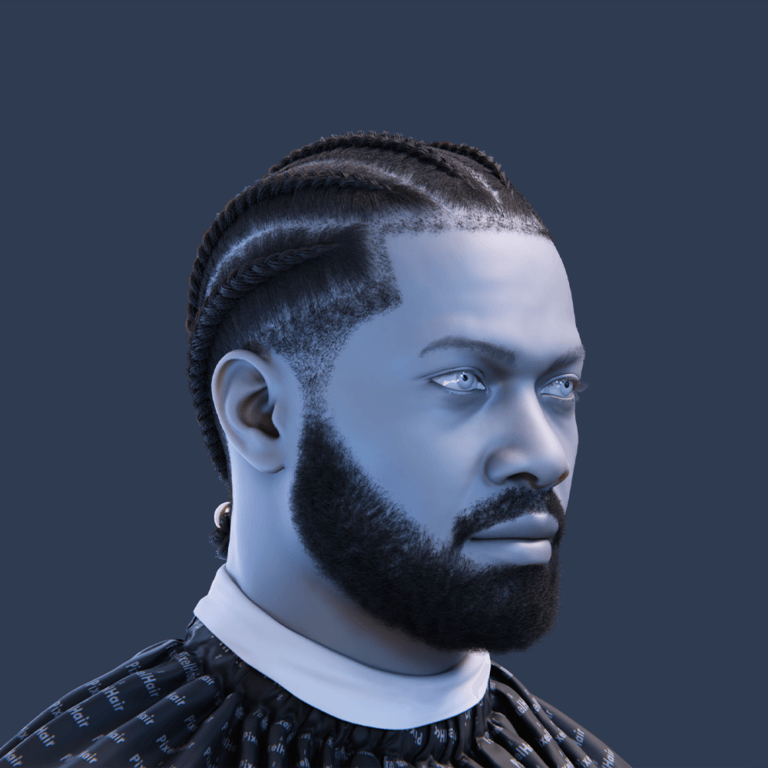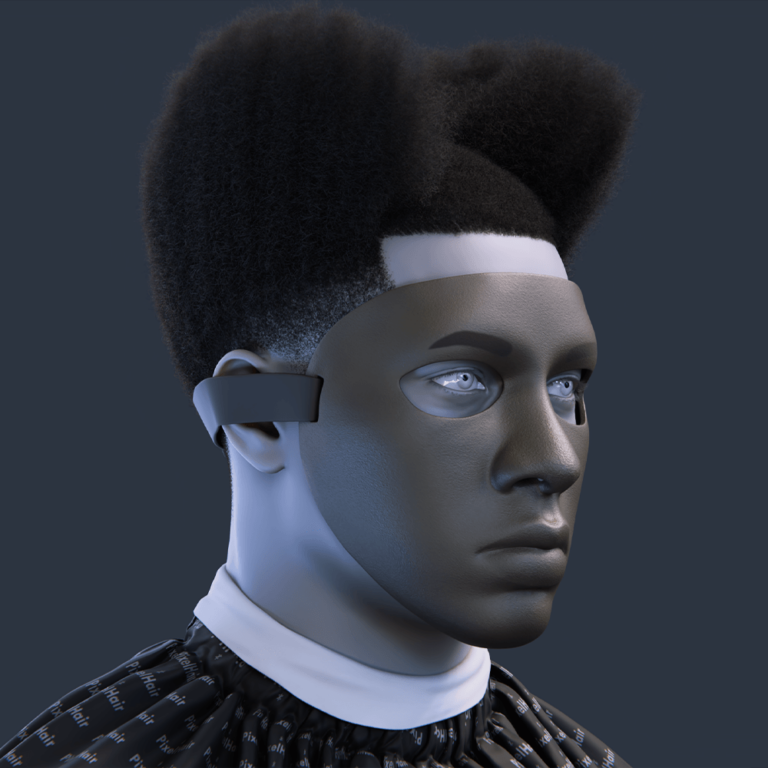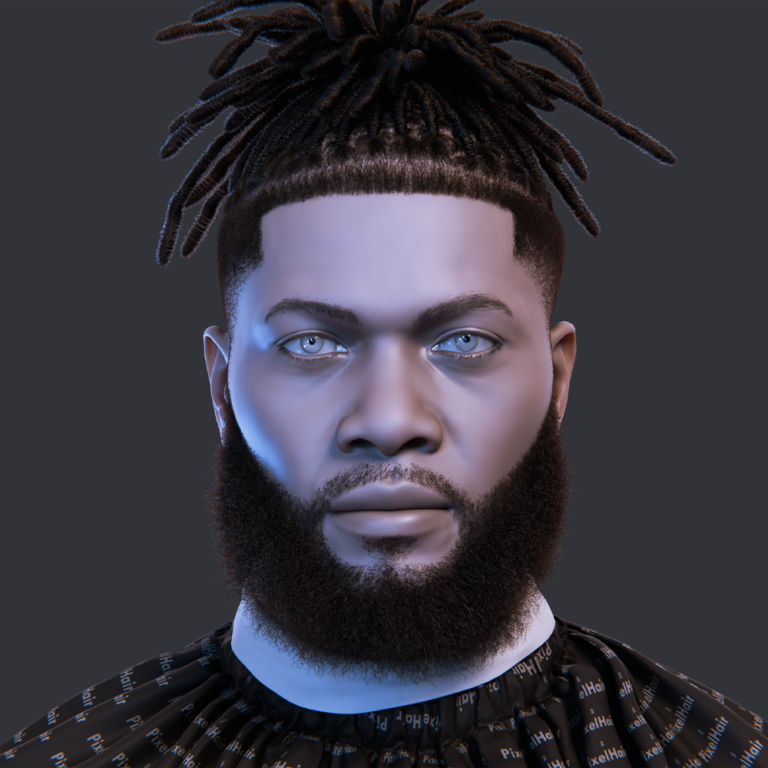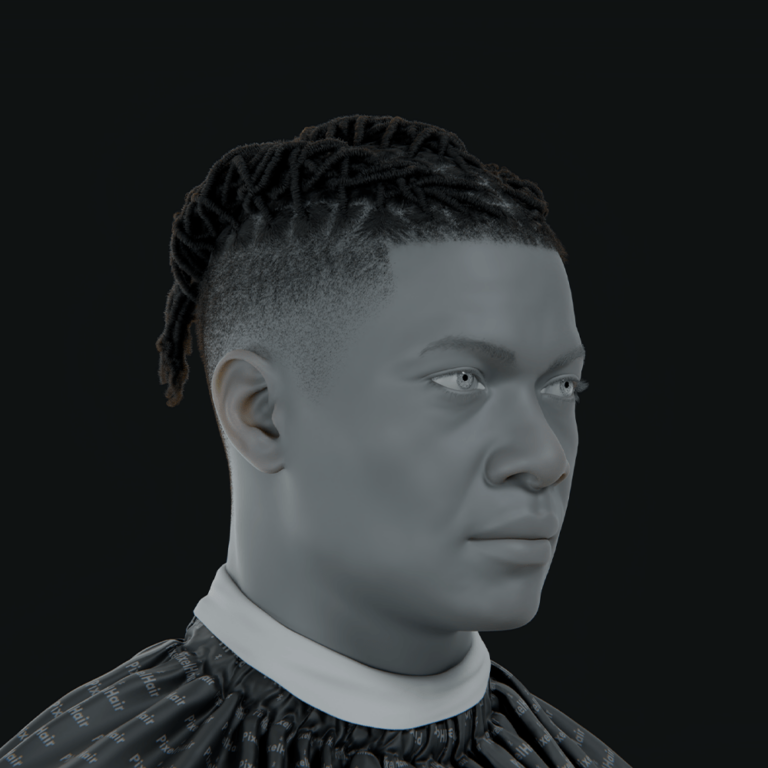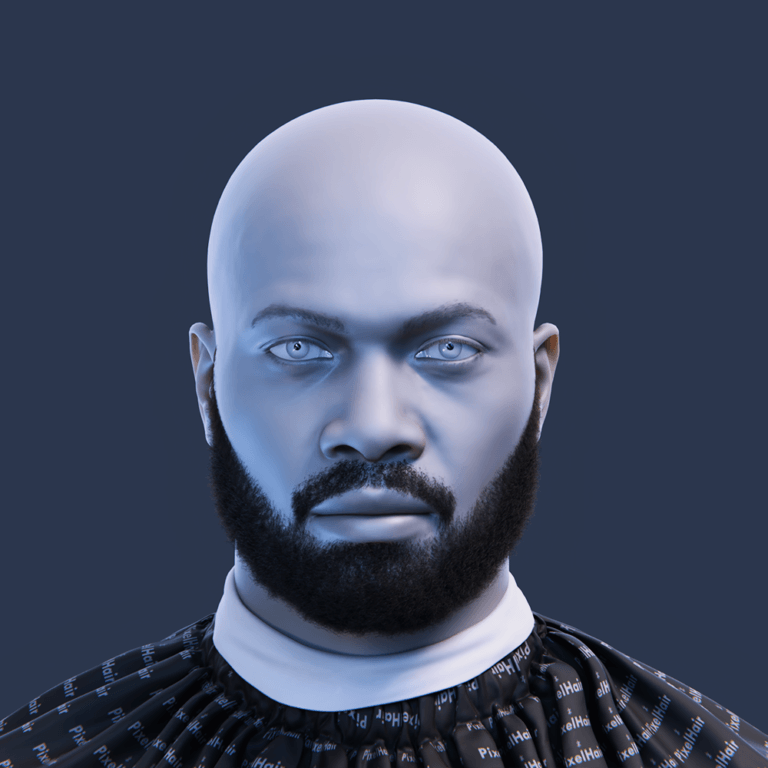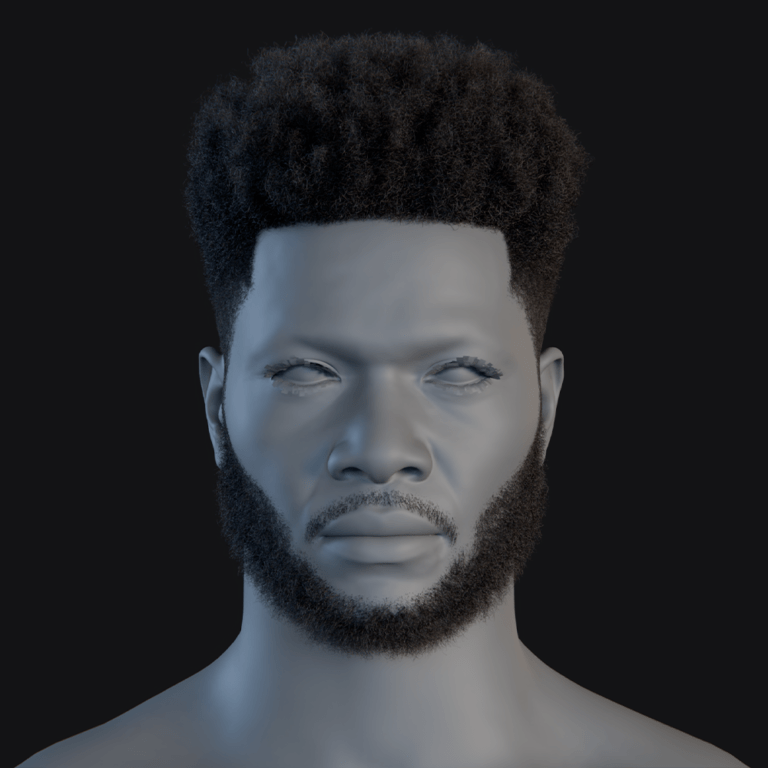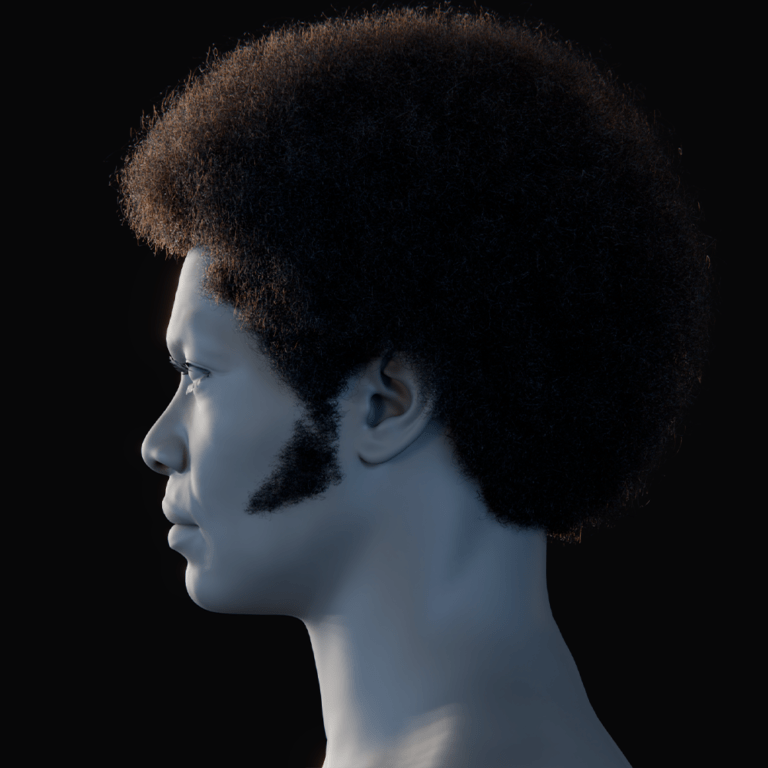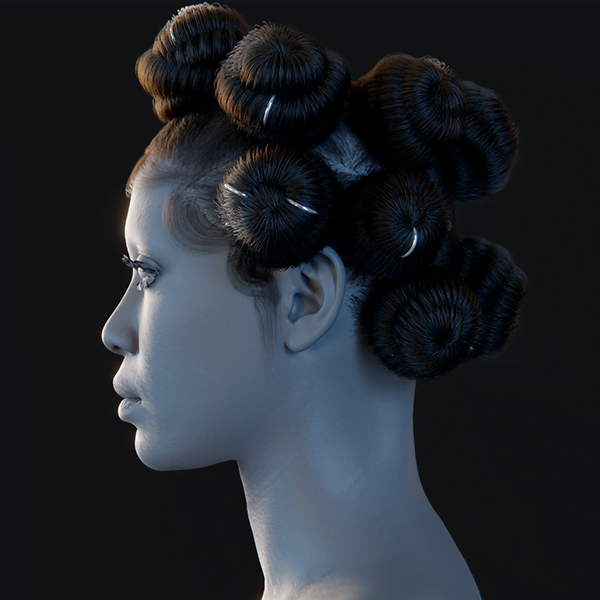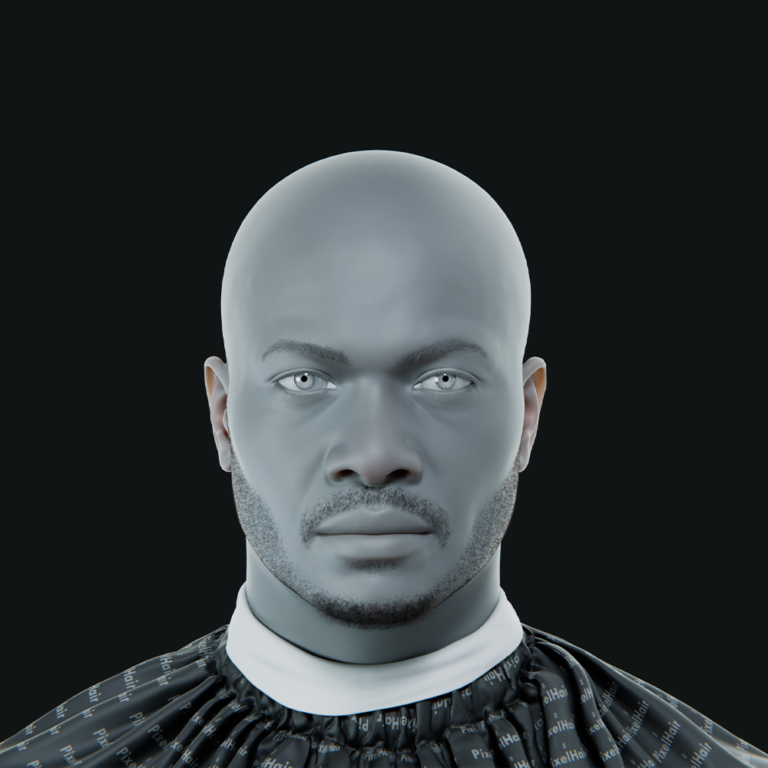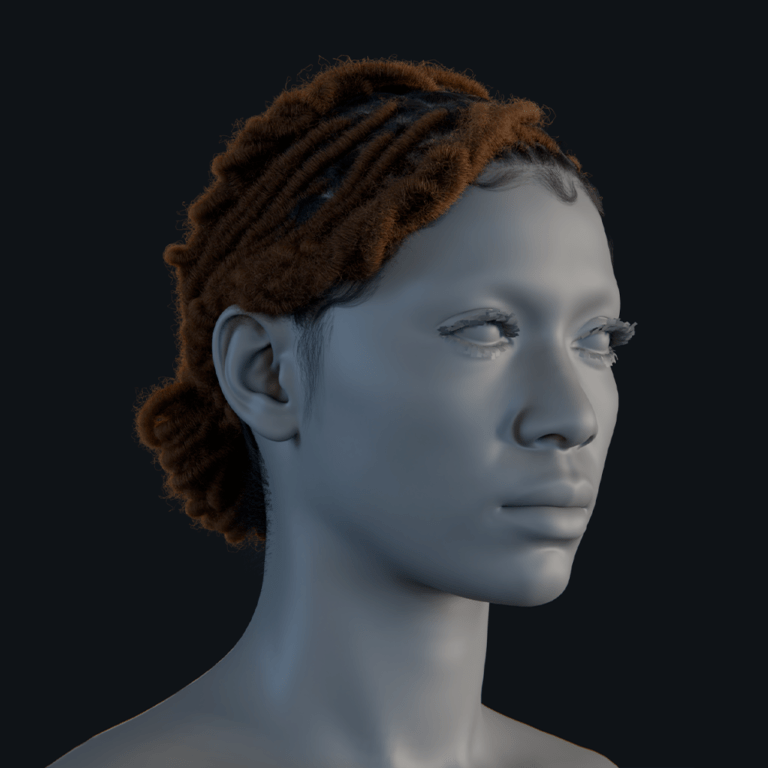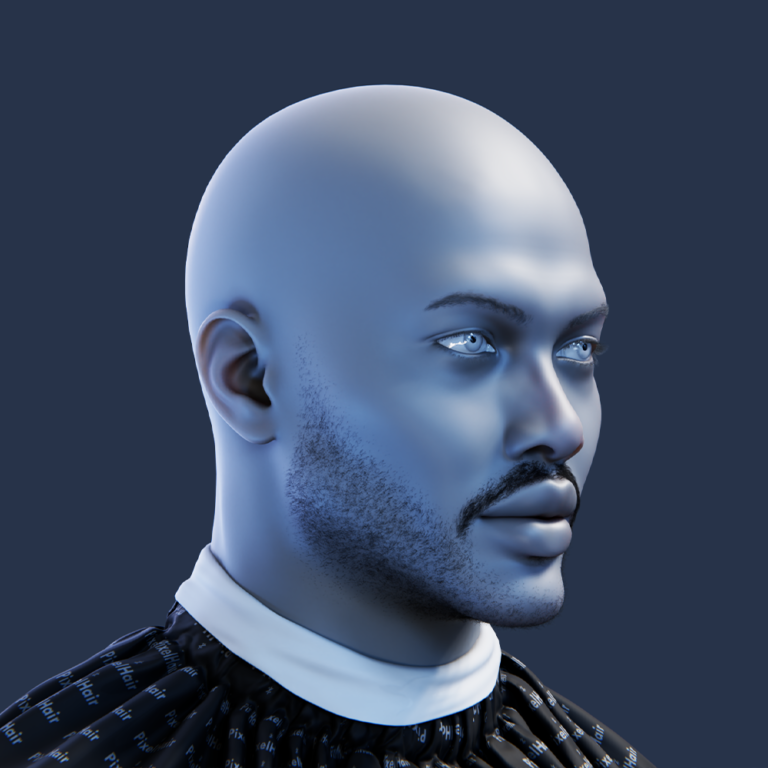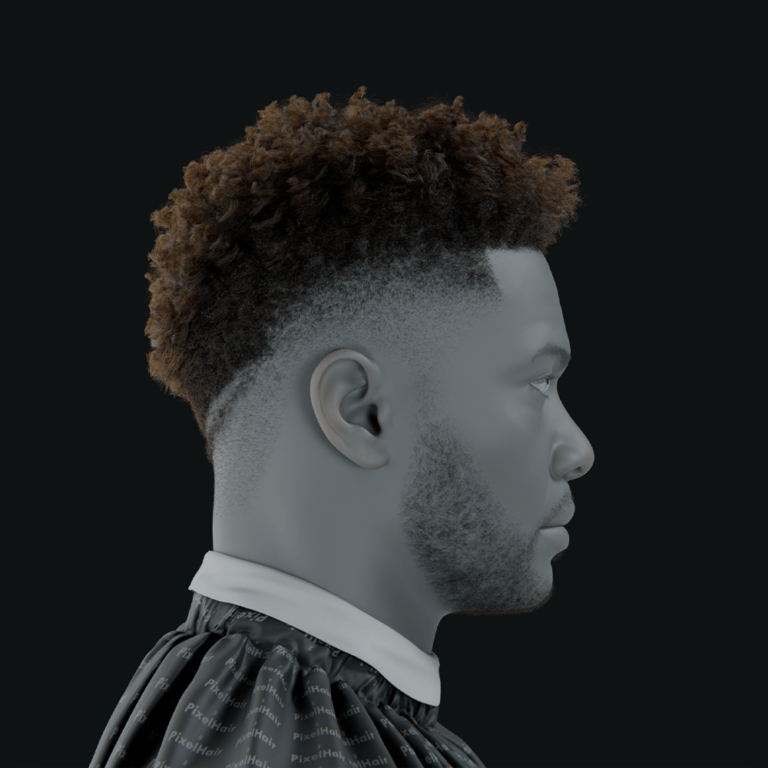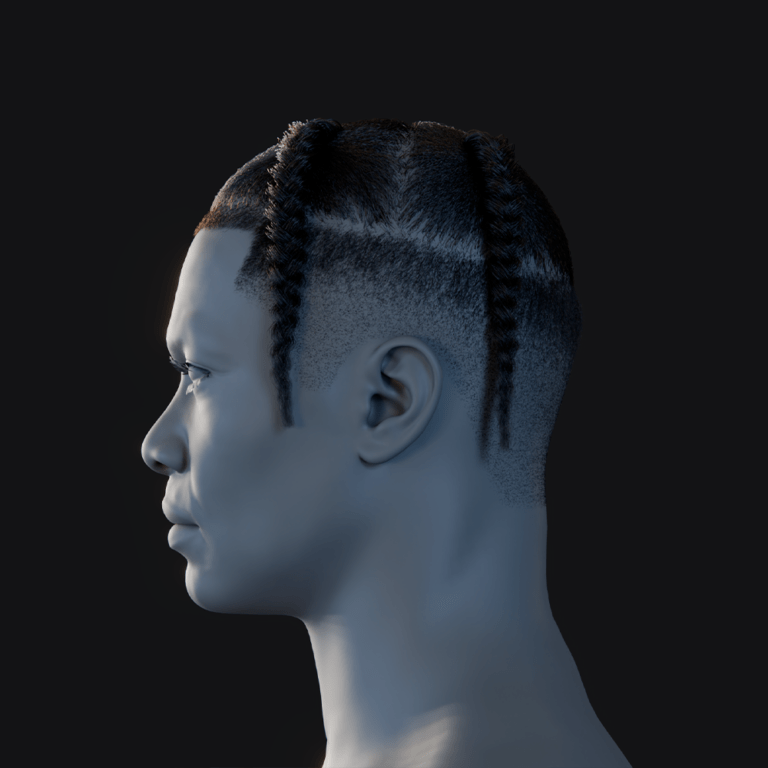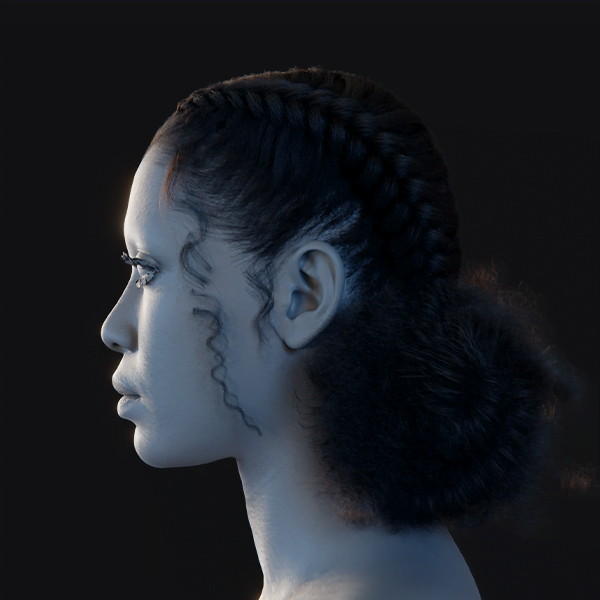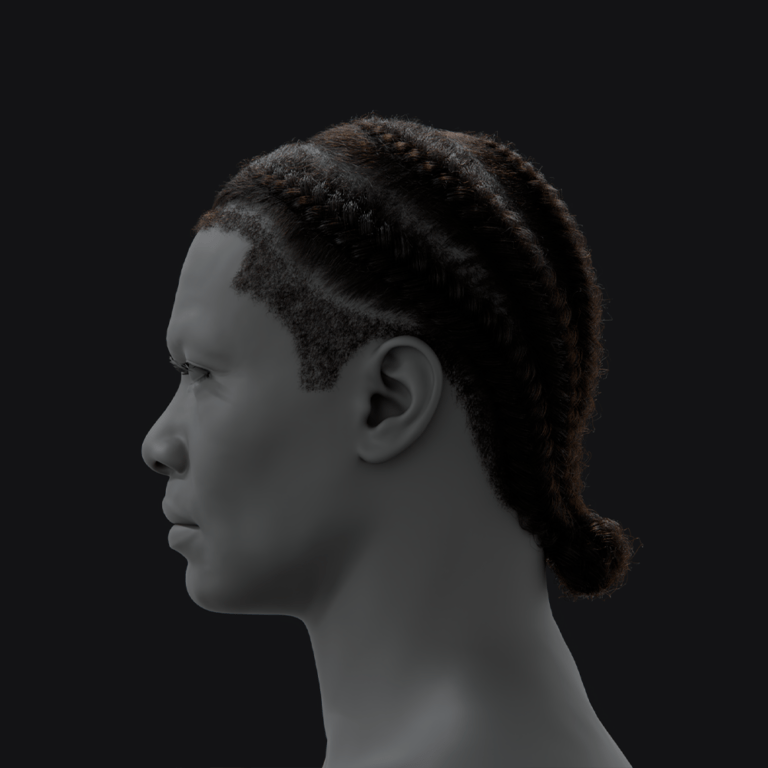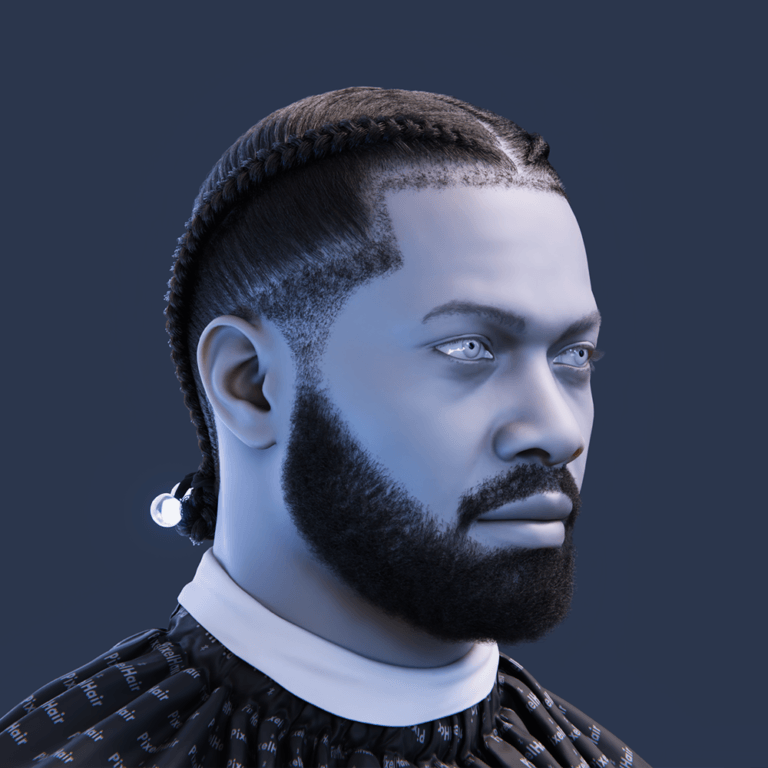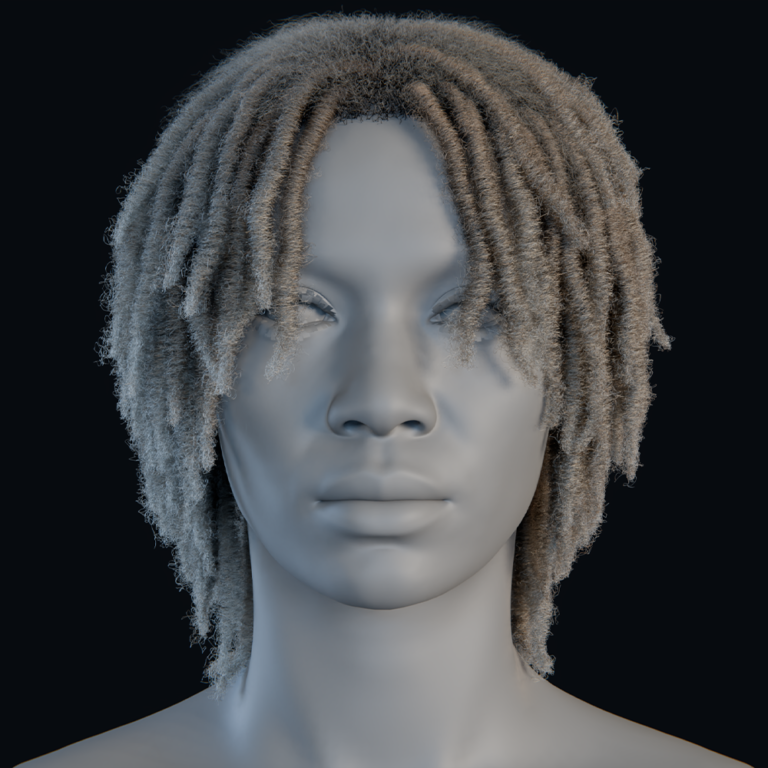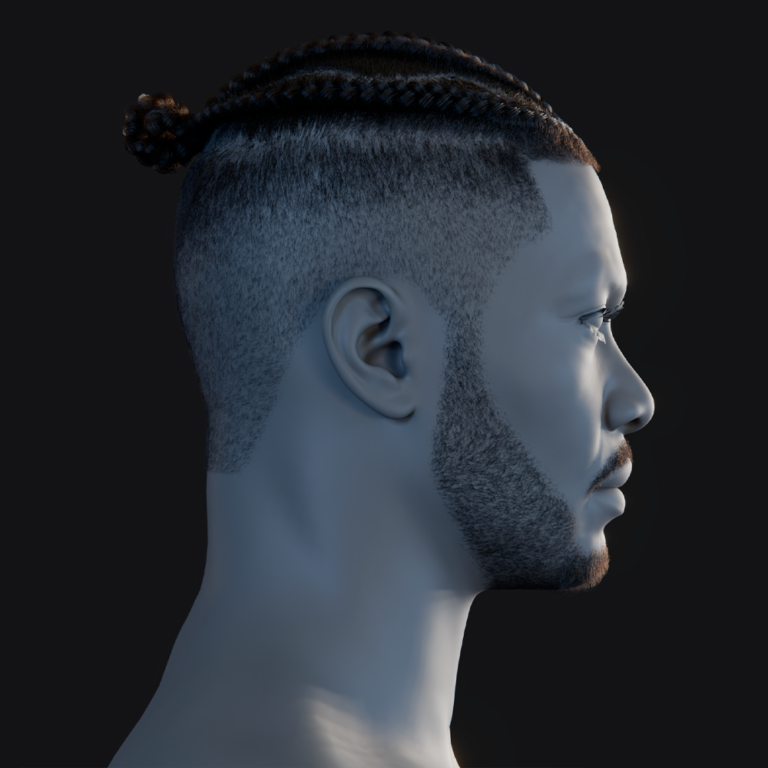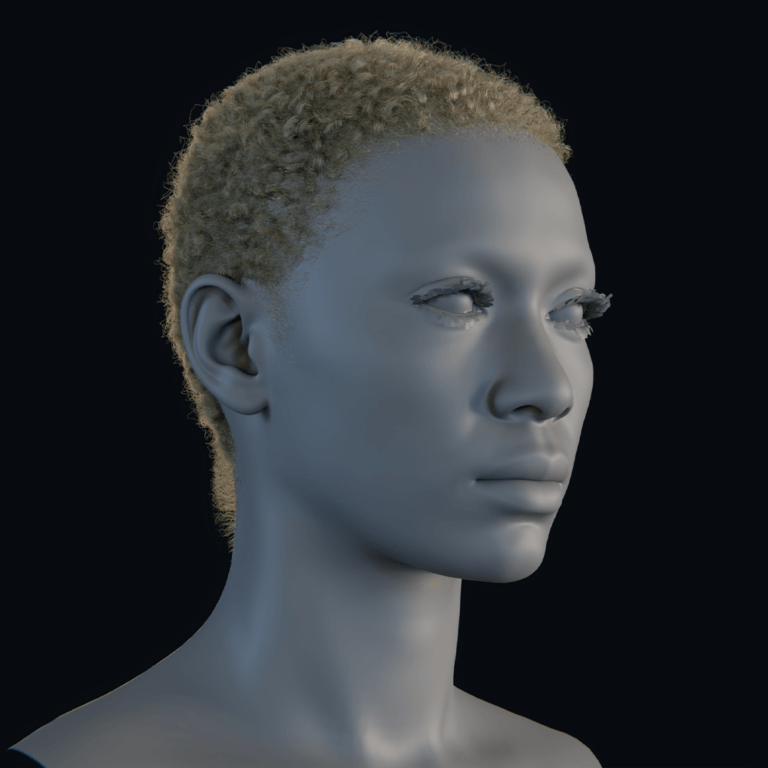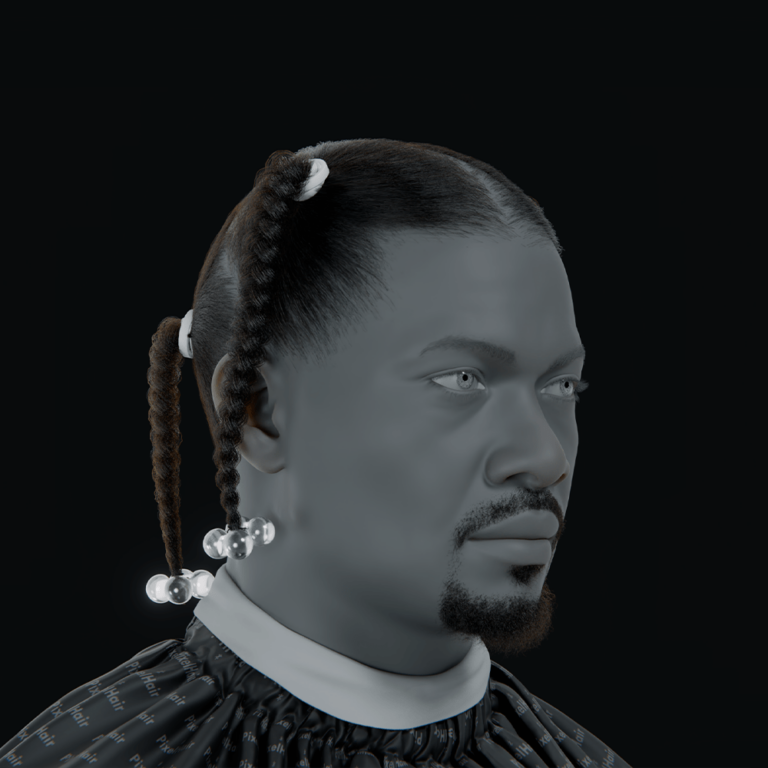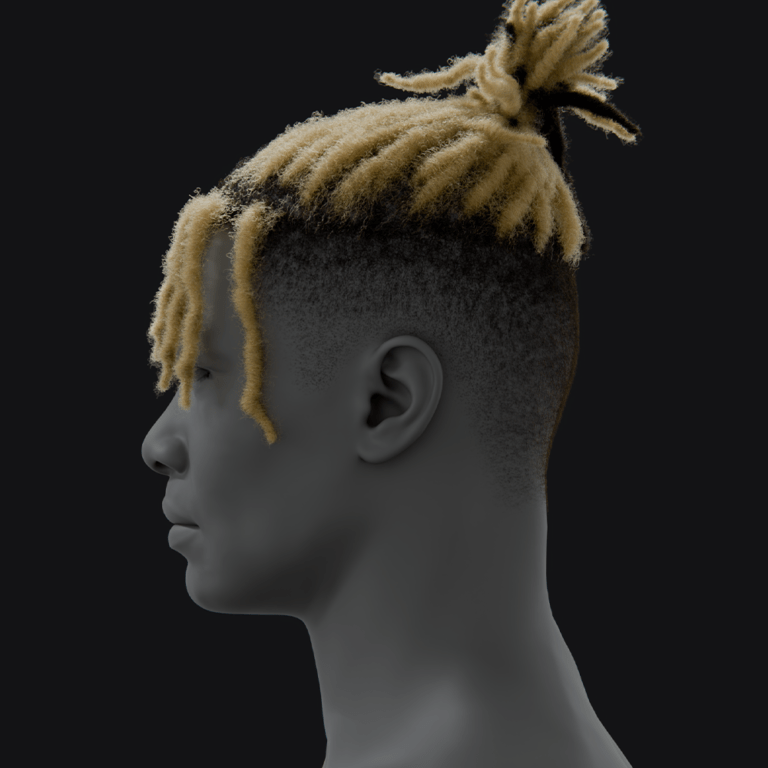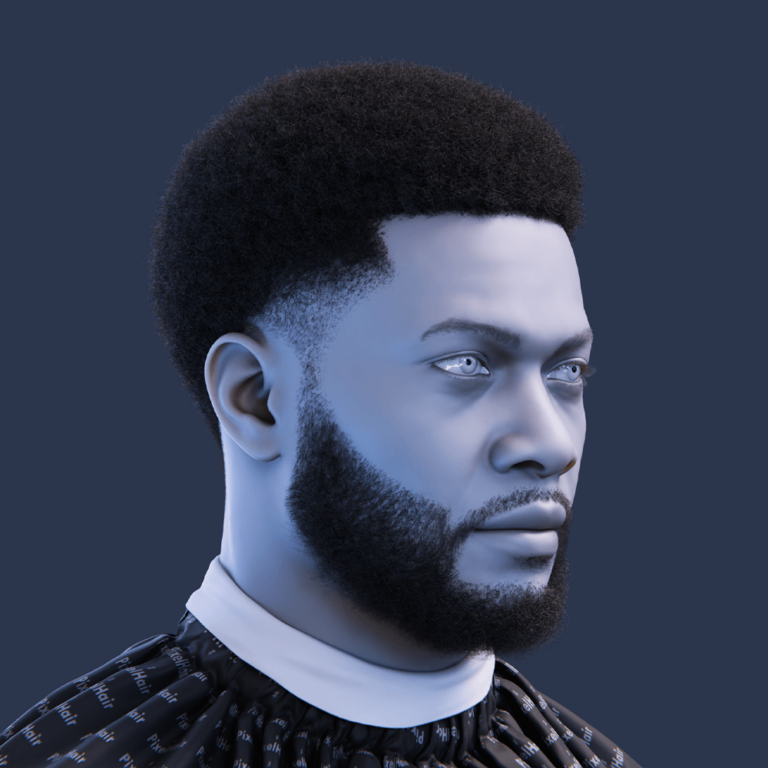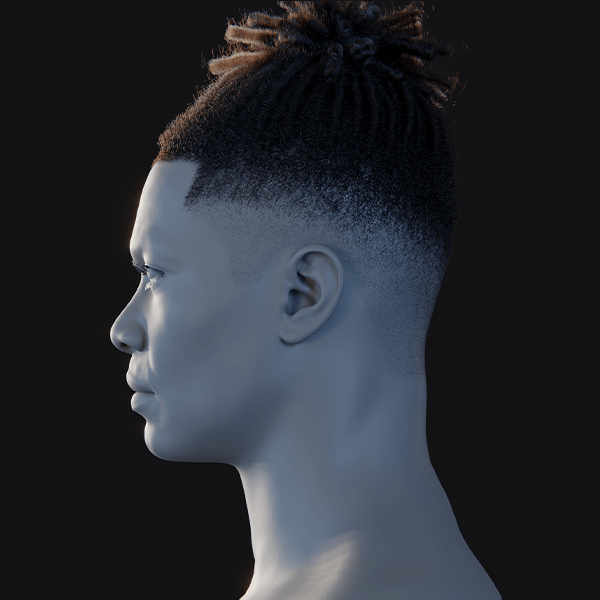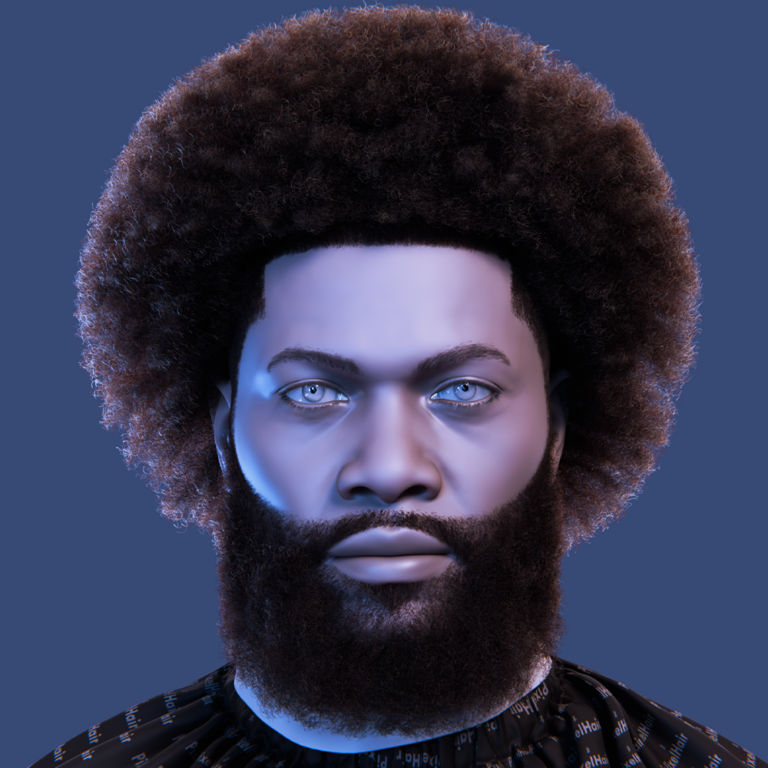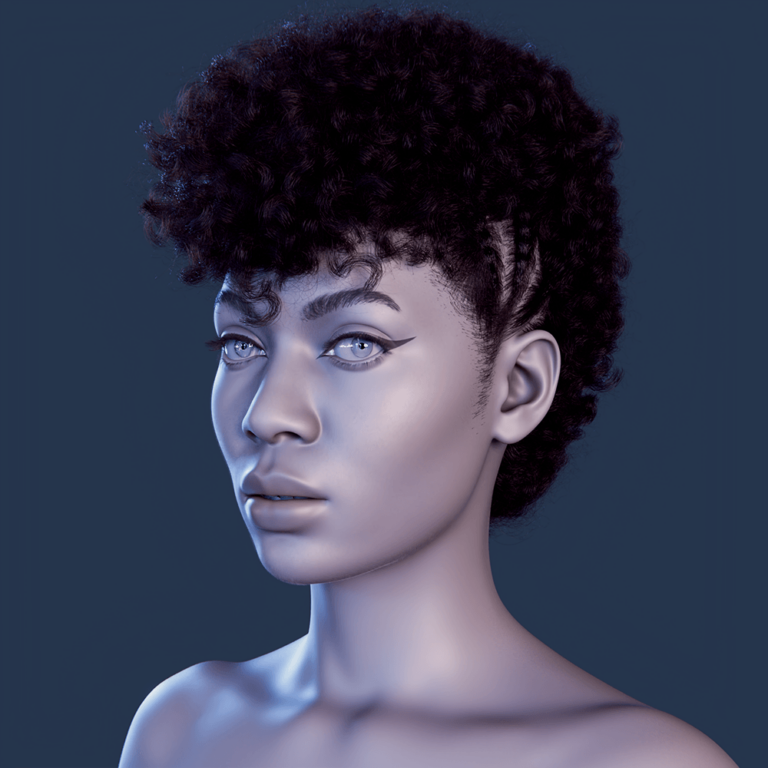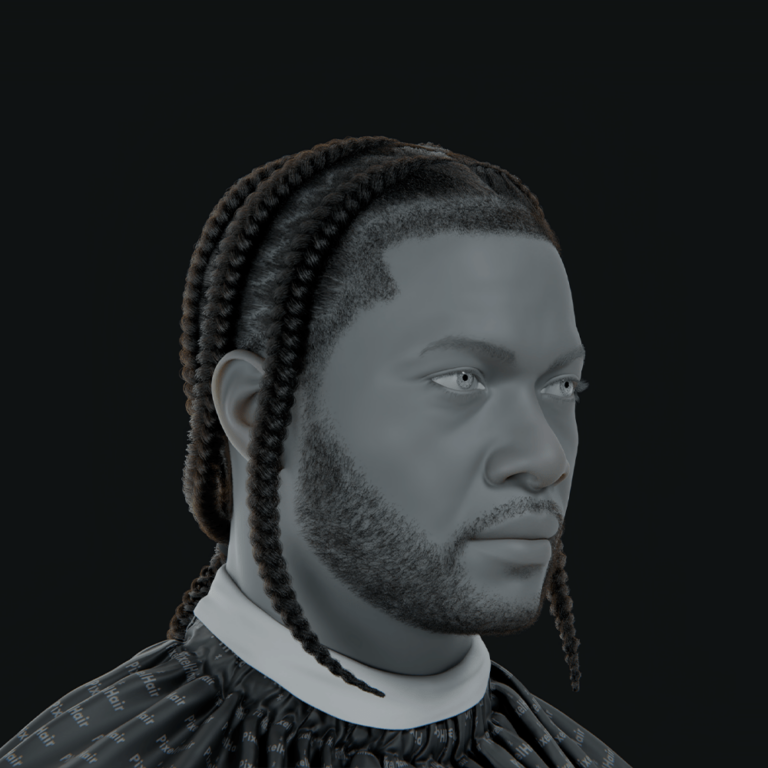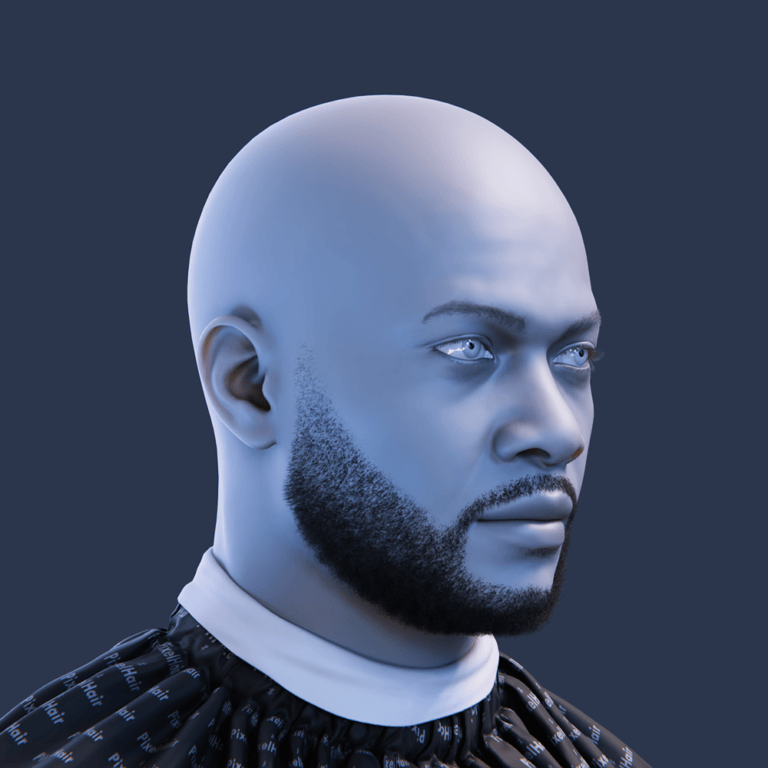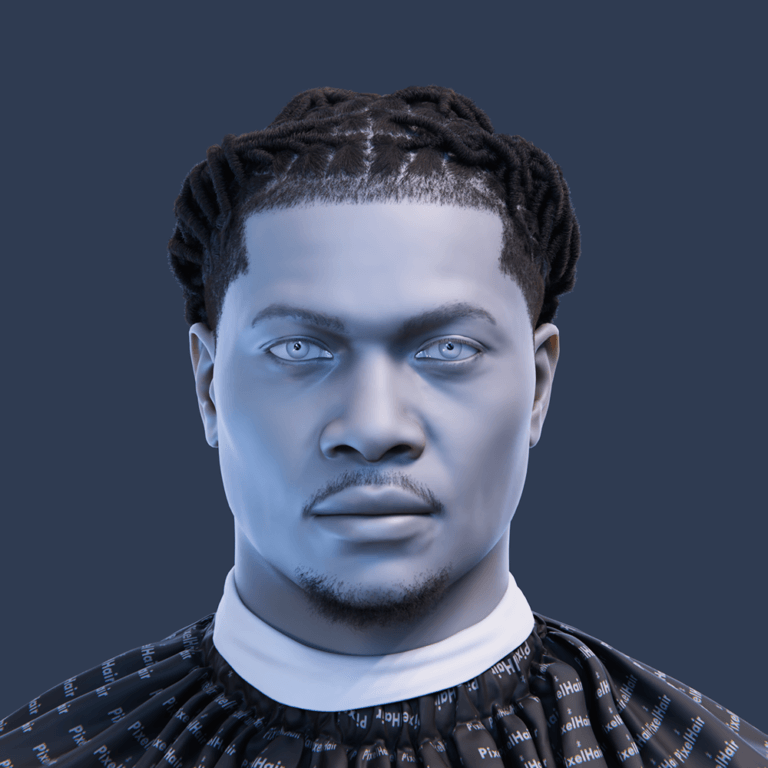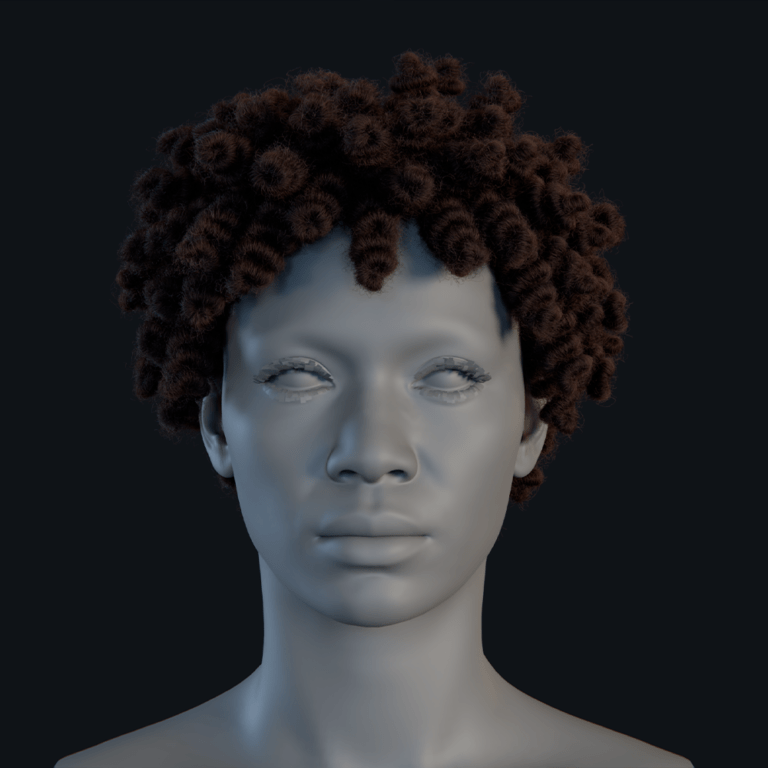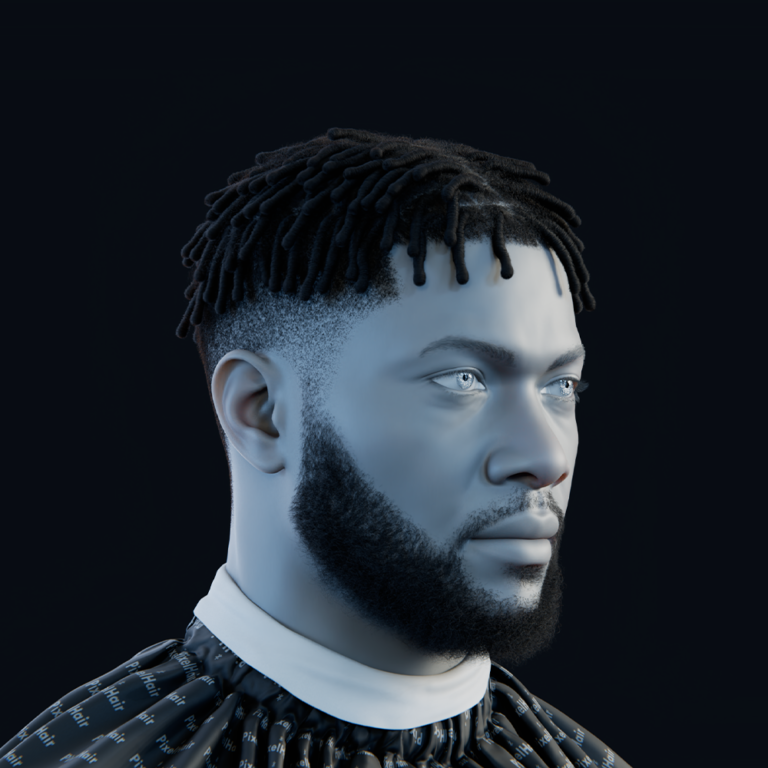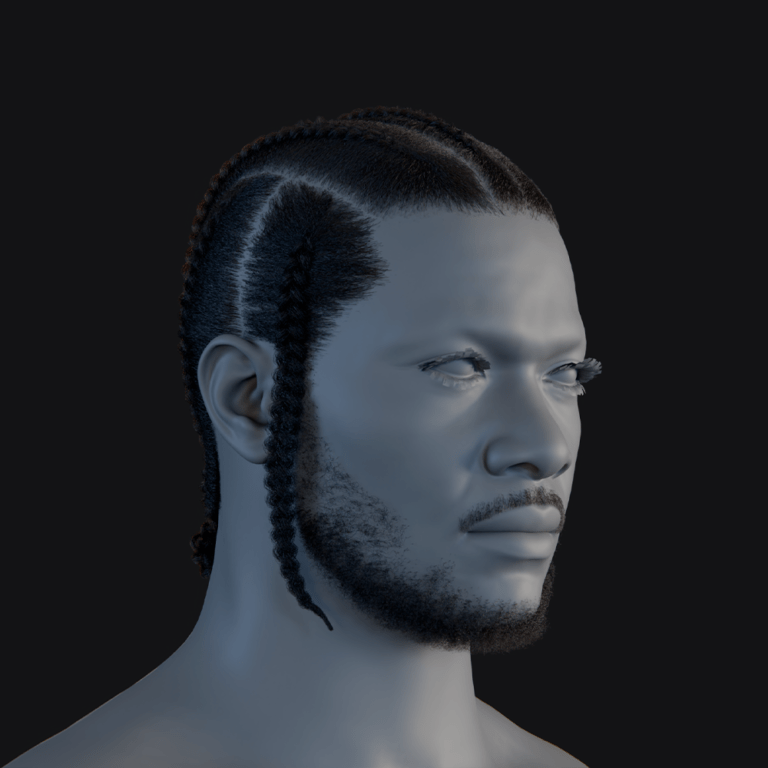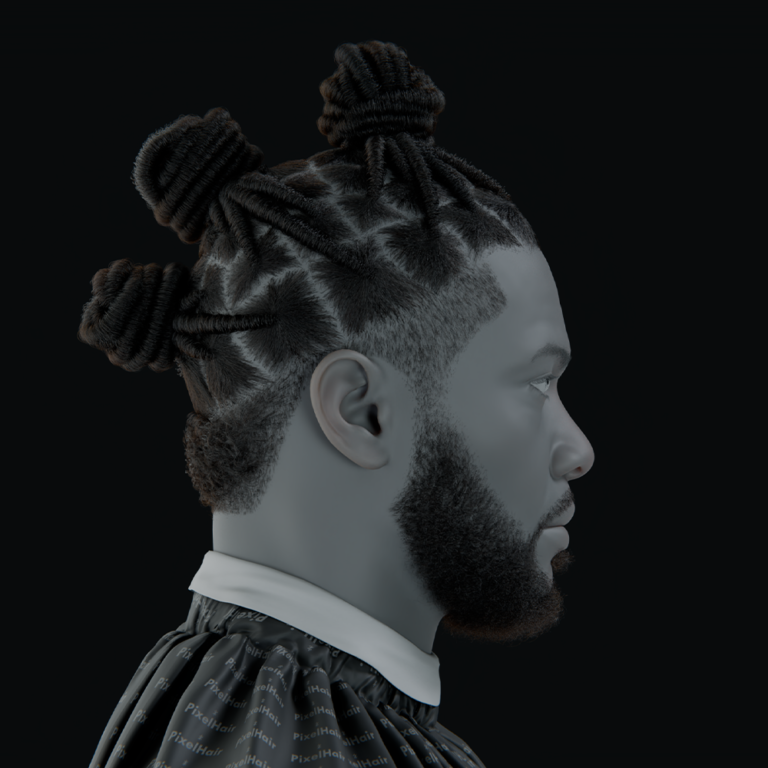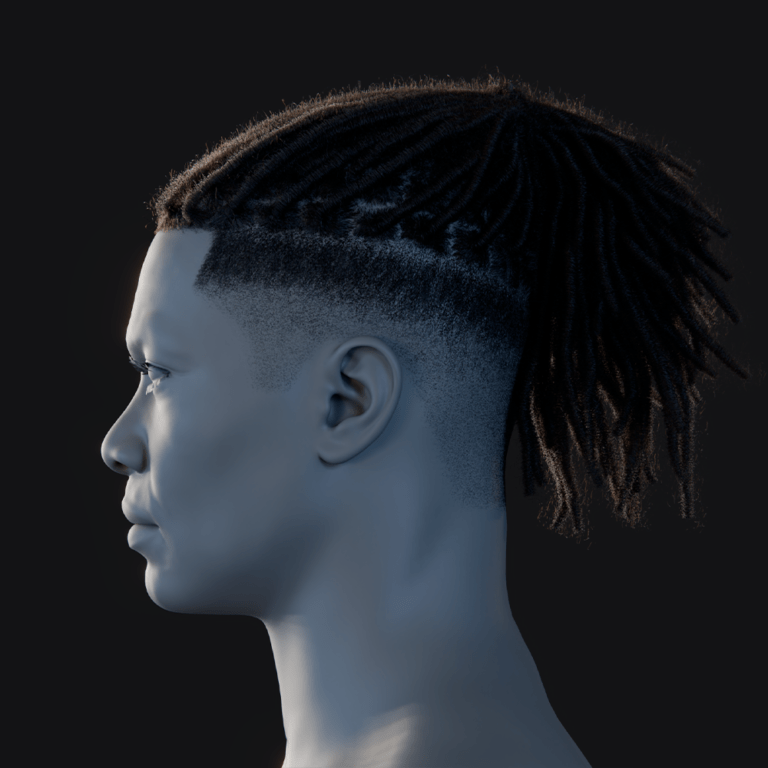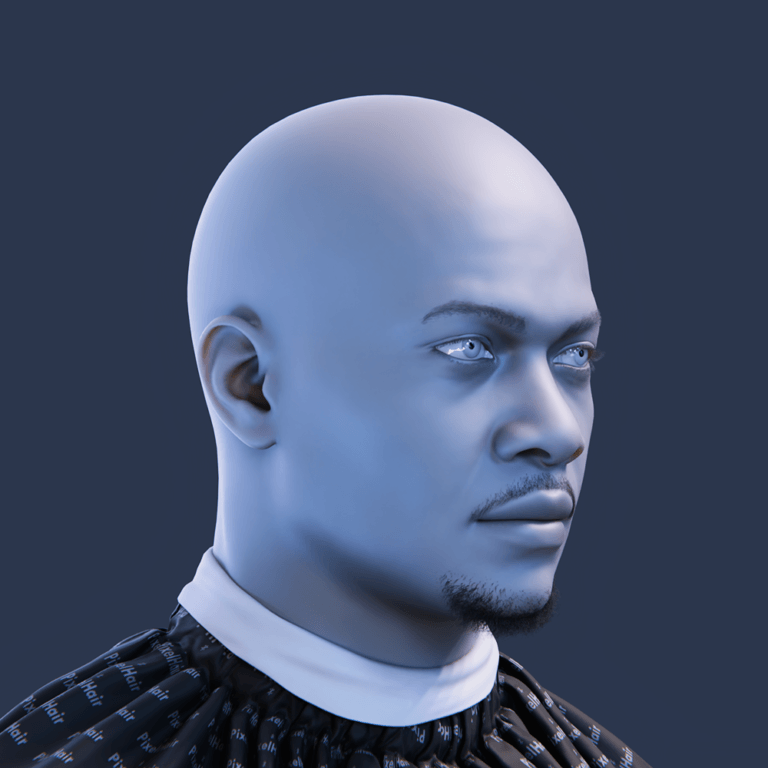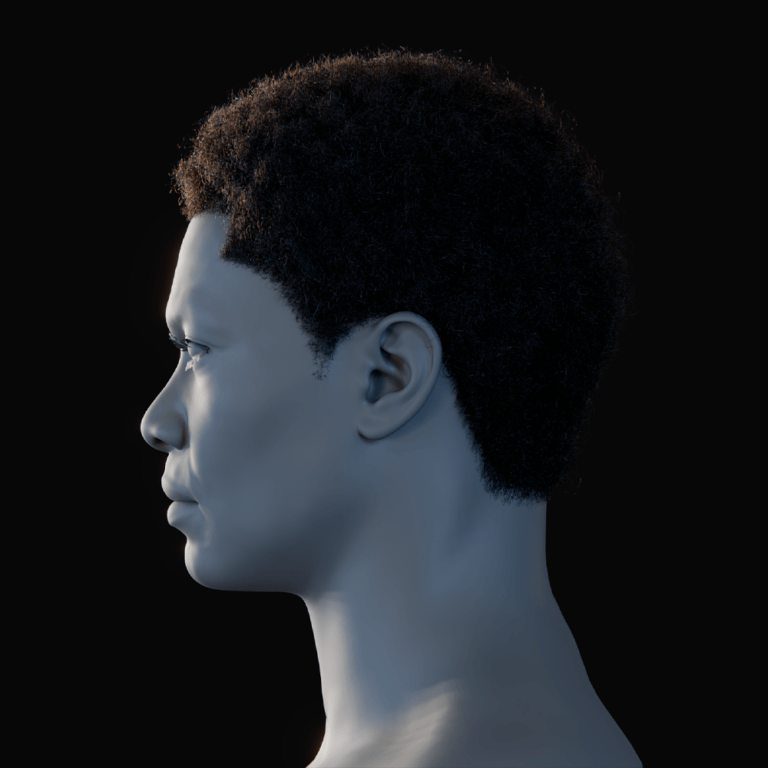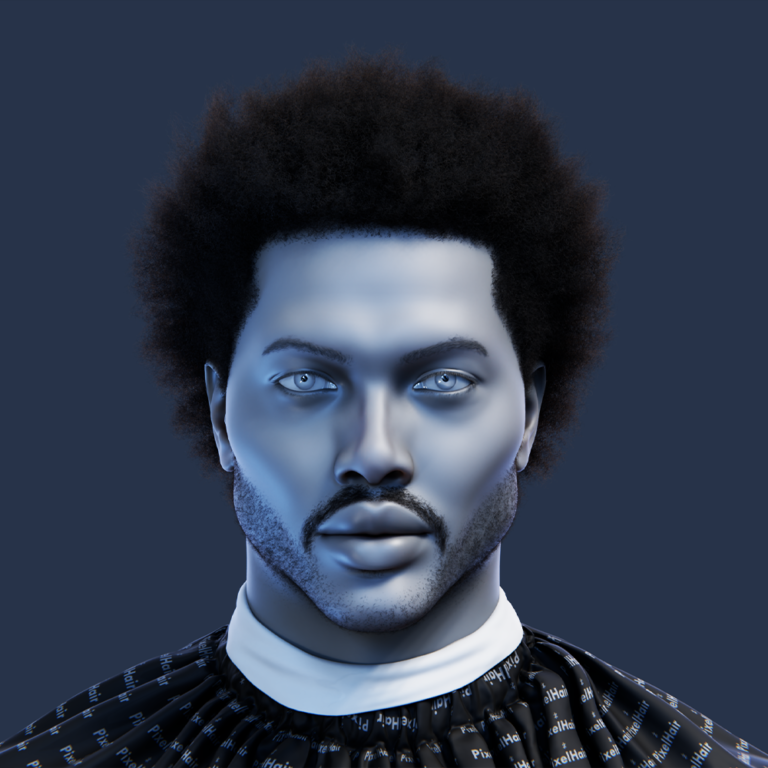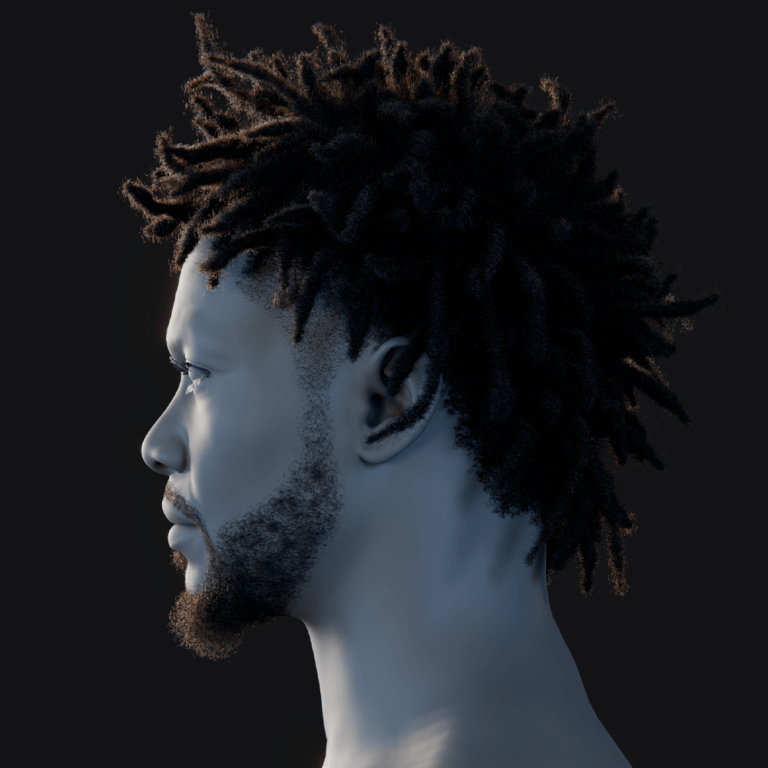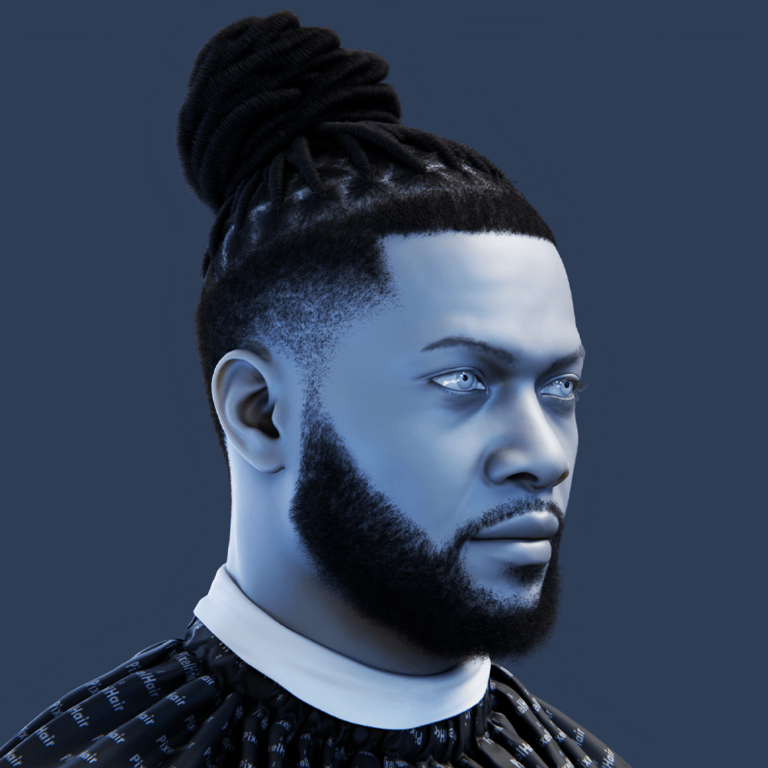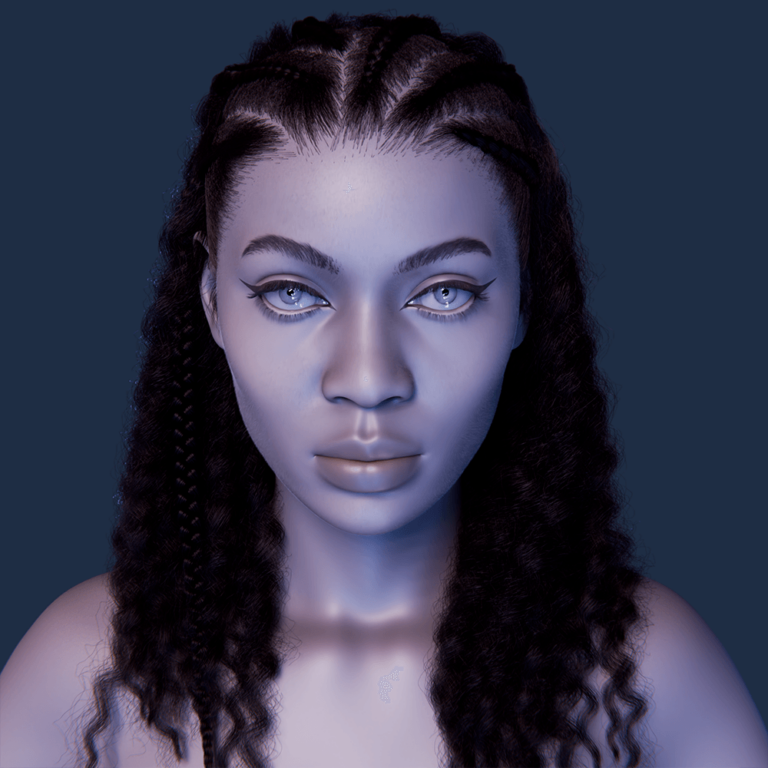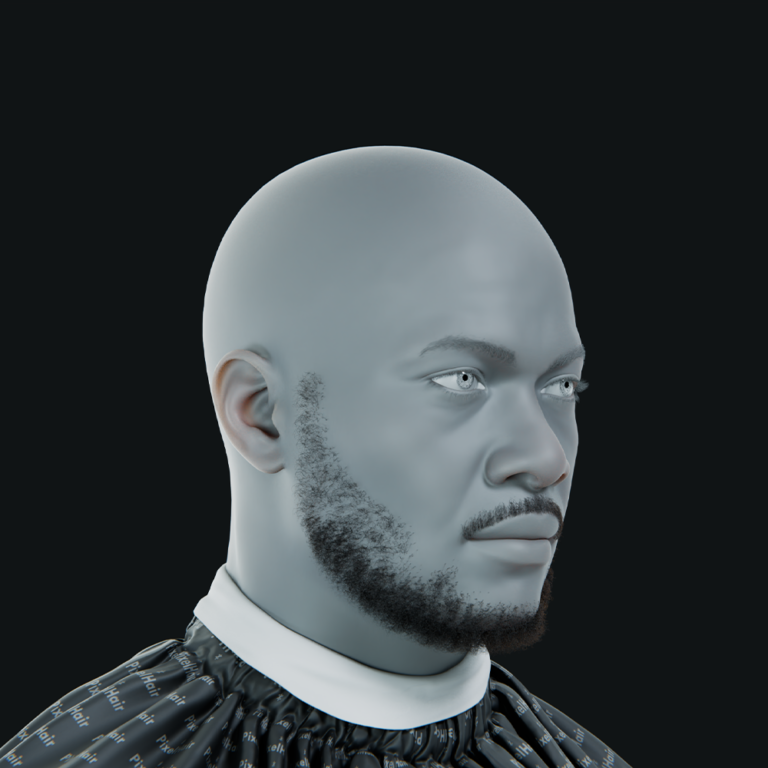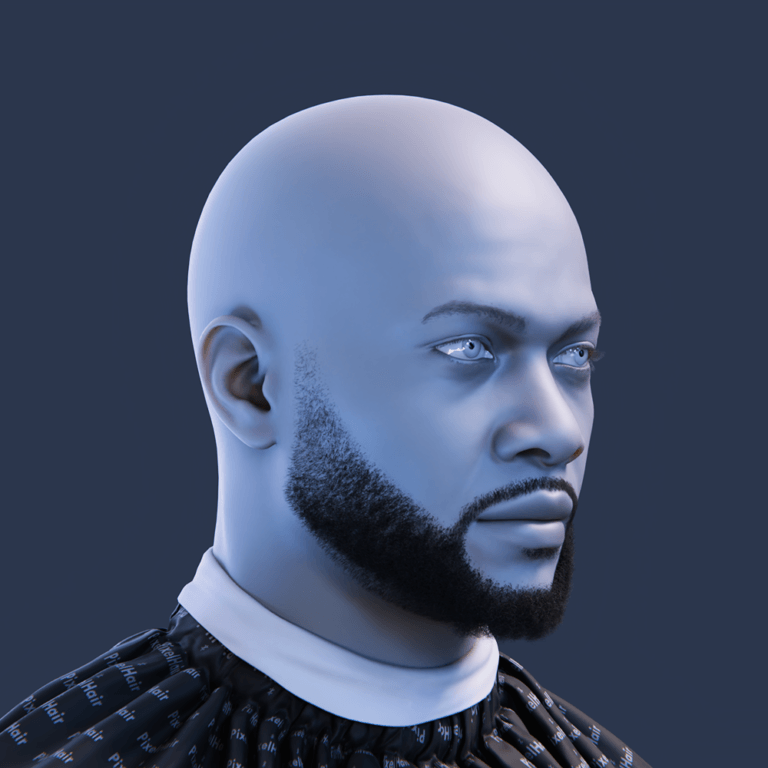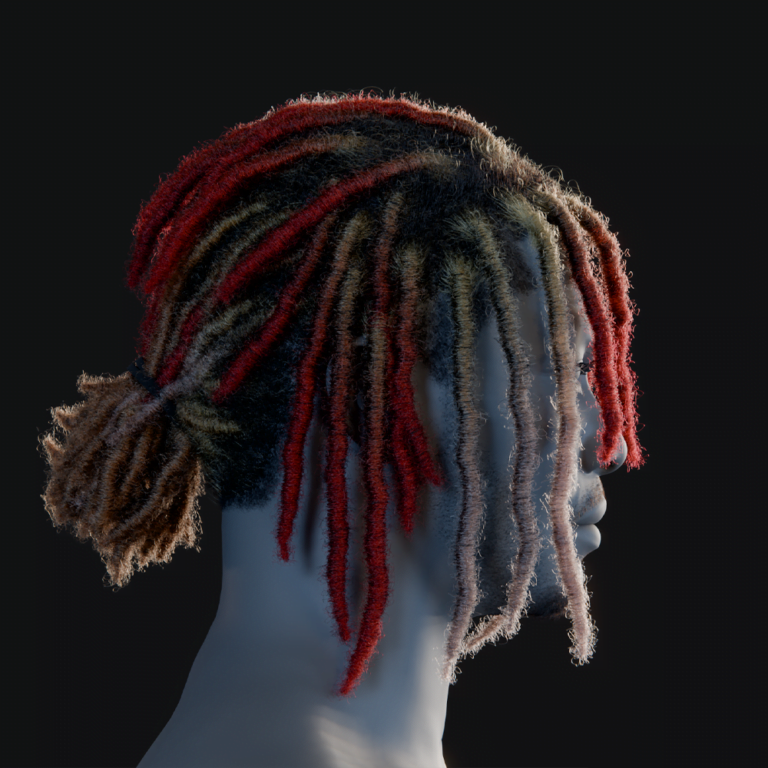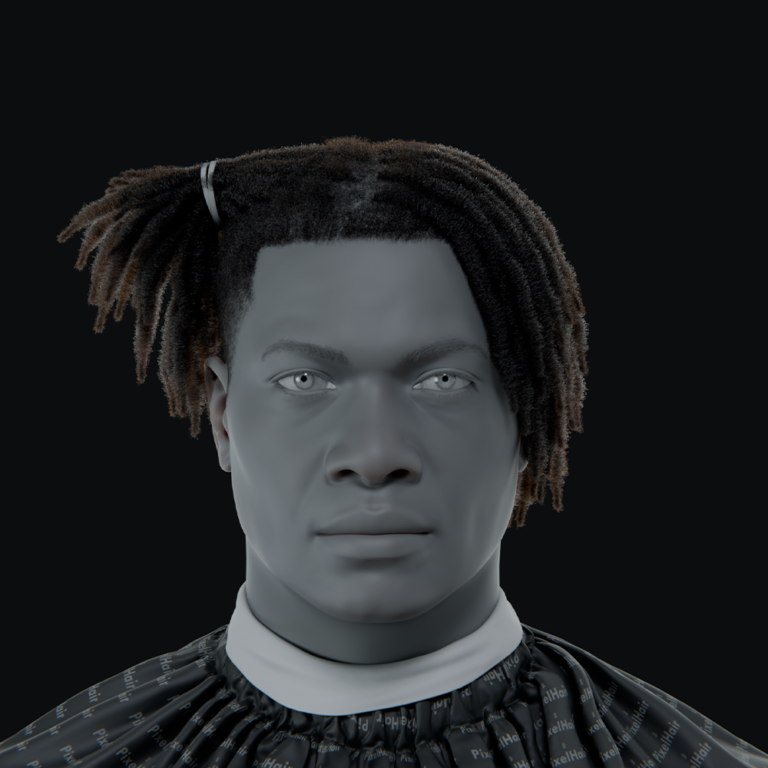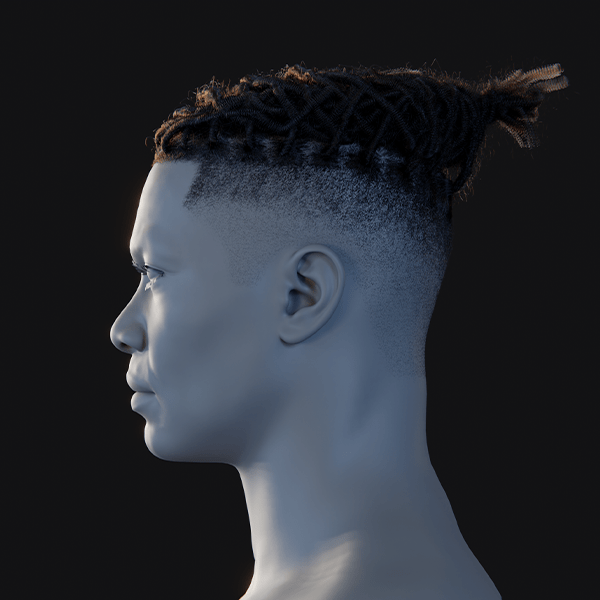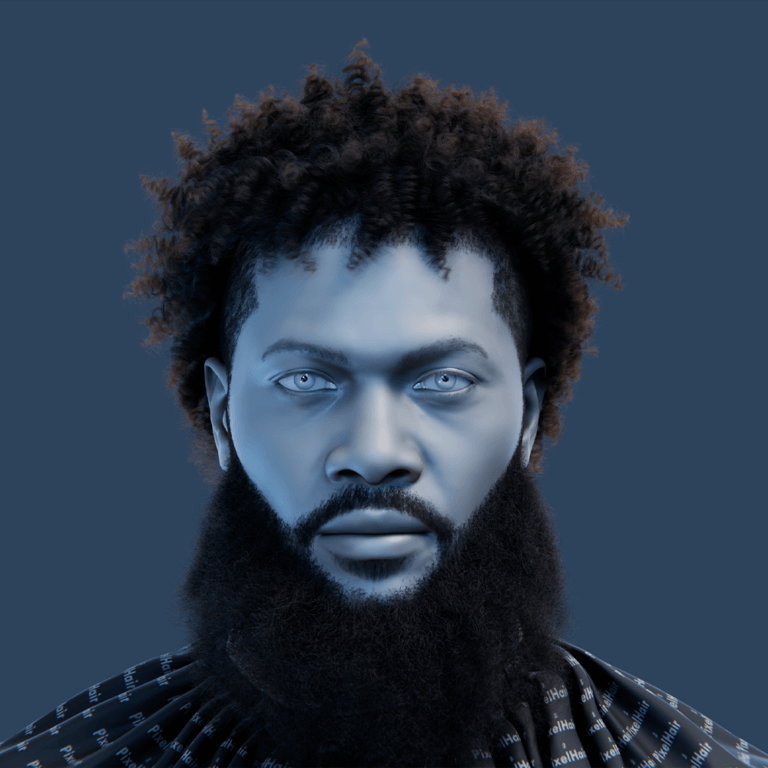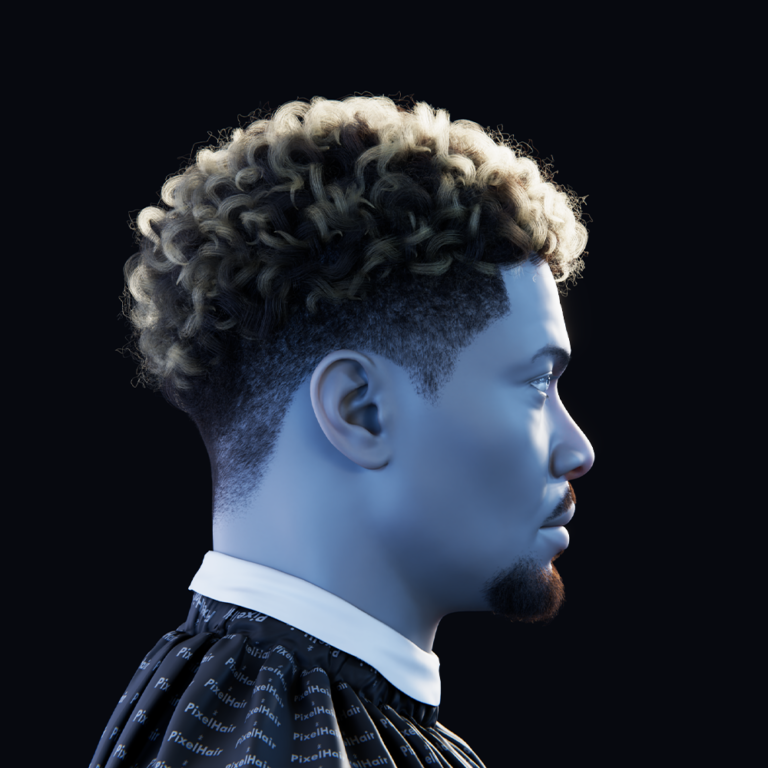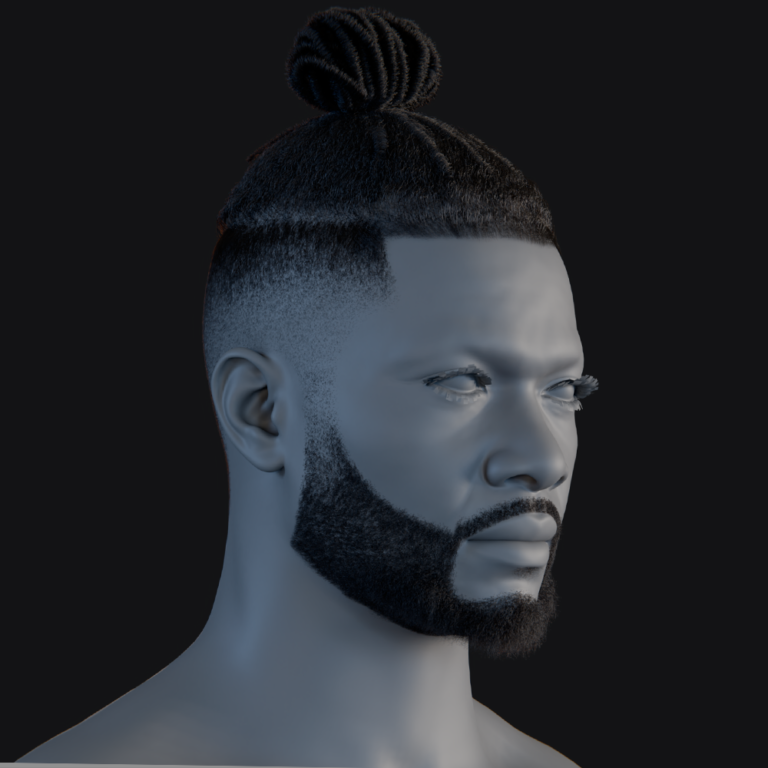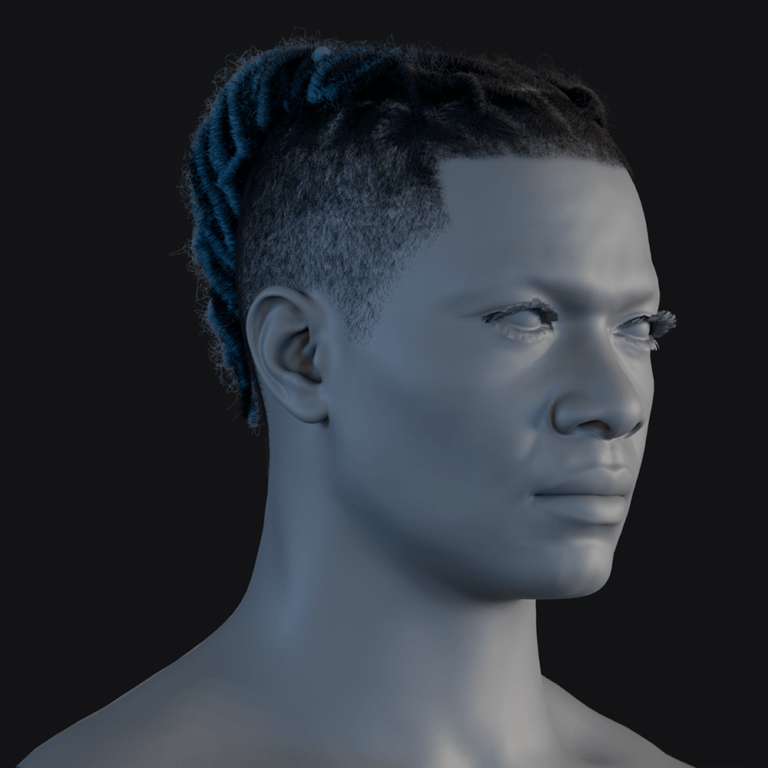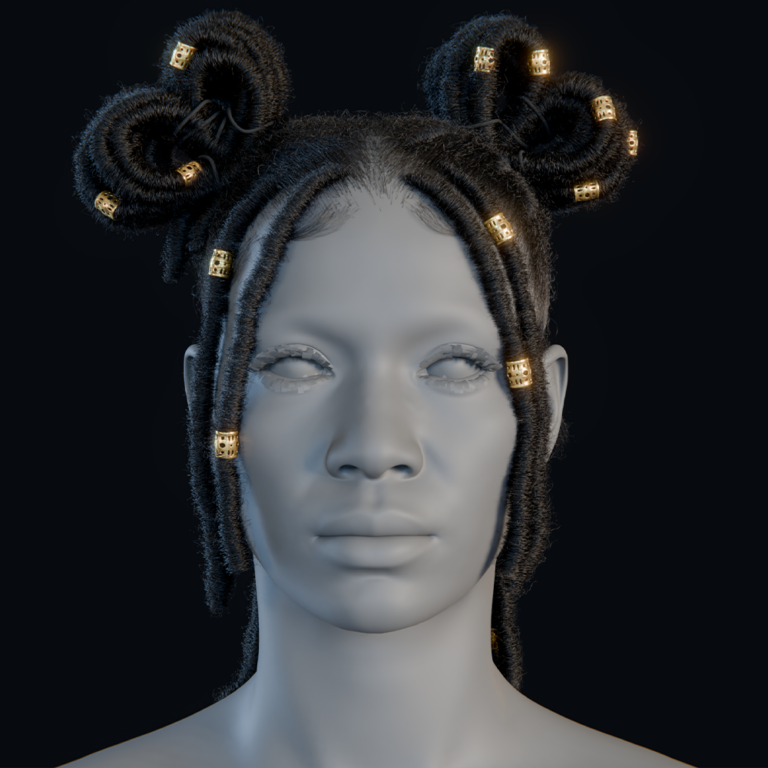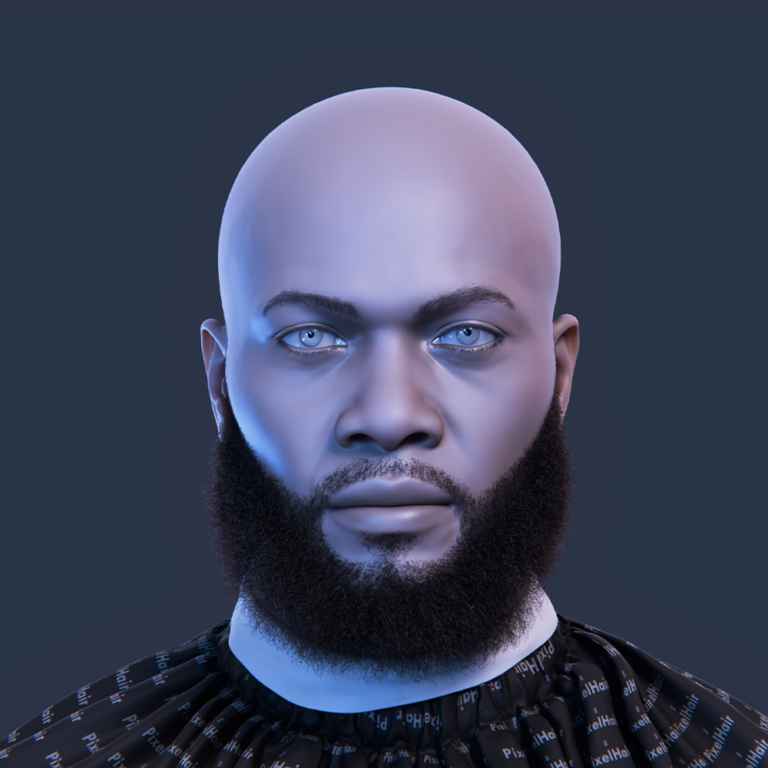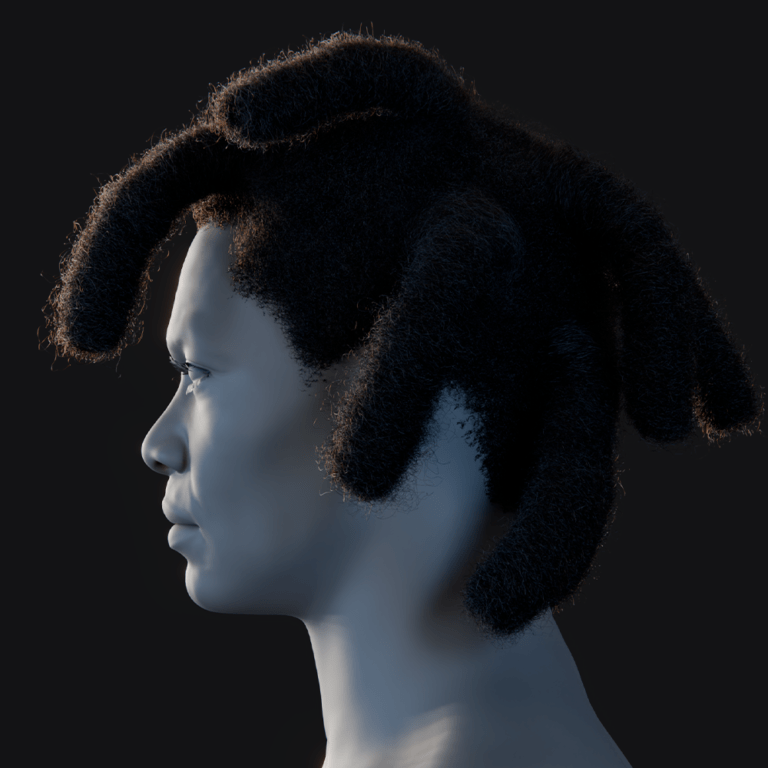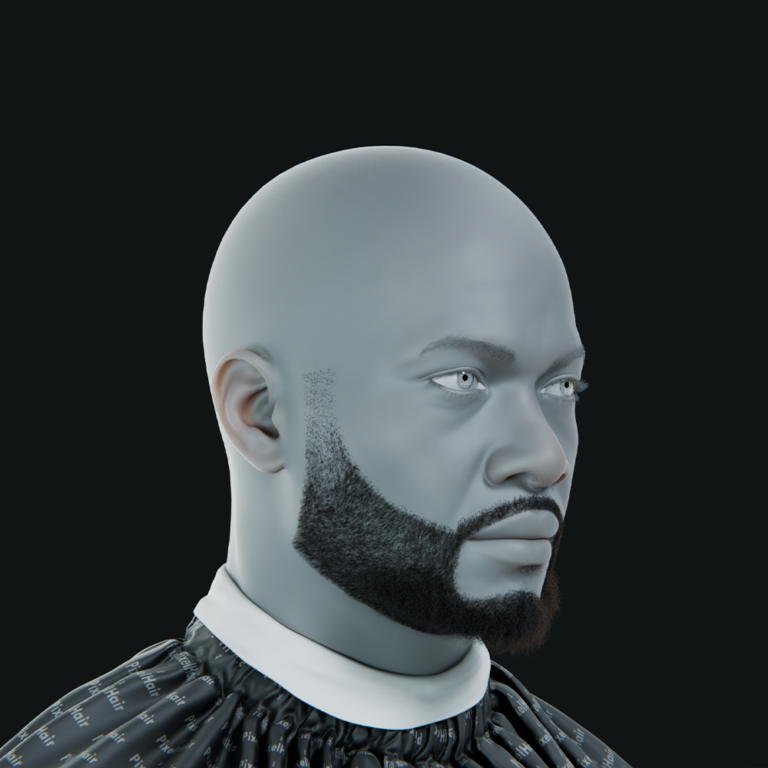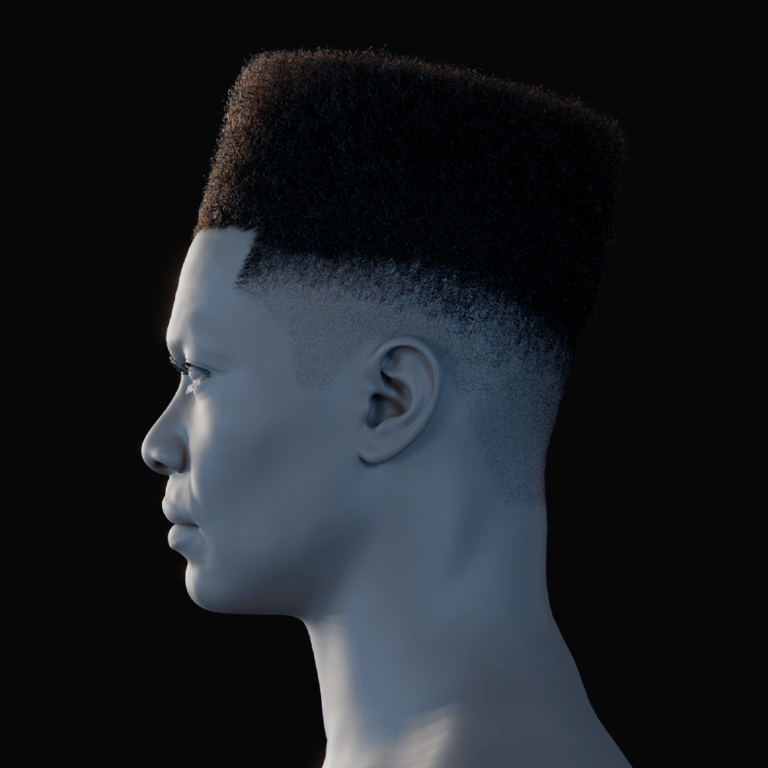Introduction: The Significance of Beards in Video Game Character Design
Beards in video games are more than just decorative; they are powerful design elements that convey character traits like toughness, wisdom, or experience, reflecting personality and backstory. A hero’s scruff signals battle-hardiness, while a villain’s well-groomed goatee suggests slyness or sophistication. Developers use facial hair as visual shorthand to make characters memorable and believable. Beards also indicate character evolution, such as when Kratos transitions from a goatee to a full beard or Max Payne goes from clean-cut to shaggy in Max Payne 3, showing aging or a tougher mindset, Max’s beard even described as saying, “I’m hard, don’t mess with me.”
Culturally, iconic video game beards have inspired cosplay, fan art, and rankings of the most famous bearded characters. Their popularity has surged recently, mirroring real-world beard trends, ushering in “the age of videogame beards.” Even long-time clean-shaven characters like Ryu from Street Fighter have grown facial hair after decades. Gaming communities embrace this trend, with forums buzzing with discussions and humorous theories, like Call of Duty fans joking that Captain Price’s mustache is the secret to his power. In gaming, a great beard enhances storytelling and turns characters into legends.
The Best Beards in Video Games
- Kratos – God of War’s Majestic Beard
- Thor – God of War’s Majestic Beard
- Captain Price – Call of Duty’s Distinguished Mustache
- John Marston – Rugged Facial Hair in Red Dead Redemption
- Arthur (Red Dead Redemption)
- Joel (The Last of Us 2)
- Geralt (The Witcher)
- Dorian Pavus – Dragon Age’s Refined Mustache
- Heihachi Mishima – Tekken’s Legendary Facial Hair
- Mario (Super Mario)
- Ezio Auditore – Assassin’s Creed’s Stylish Beard
- Gordon Freeman – Half-Life’s Iconic Goatee
- V (Cyberpunk 2077)
- Marcus Fenix (Gears of War)
- Venom Snake (Metal Gear Solid V: The Phantom Pain)
Kratos – God of War’s Majestic Beard

Kratos, the Ghost of Sparta, transformed from a clean-shaven, angry warrior in the original trilogy to a battle-hardened, wiser father figure with a majestic, grey-flecked beard in the 2018 reboot. This deliberate design choice by the developers not only signals the passage of time and his evolved role as “Dad of War” but also adds depth by framing his stern, world-weary face and symbolizing the scars and wisdom of his past. The beard serves as a narrative device that contrasts his former wrathful nature with his current self-restraint and has quickly become an iconic element in gaming.
Thor – God of War’s Majestic Beard

In God of War Ragnarök, Thor is reimagined as a barrel-chested, untamed Norse god with a wild, thick red beard that’s unkempt and braided into his long hair, marking him as a battle-hardened warrior. Unlike Marvel’s clean-cut Thor, this design, with a prodigious belly and a beard often soaked in blood and ale, reinforces his raw, thunderous nature and aligns with Norse mythology. The developers intended for Thor to “embody a thunderstorm,” a vision that sparked mixed fan reactions, with some praising his formidable, realistic look and others critiquing its messy appearance, yet all agree that his unruly beard solidifies his status as one of gaming’s most intimidating bearded characters.
Captain Price – Call of Duty’s Distinguished Mustache

Captain John Price from Call of Duty: Modern Warfare is defined by his iconic, thick, peak-lapeled, well-groomed mustache, a hallmark since his debut in Call of Duty 4: Modern Warfare (2007). Paired with his boonie hat and intense eyes, this mustache instantly identifies him as the British special forces captain and reinforces his authoritative, seasoned persona. In the 2019 Modern Warfare reboot, developers preserved the mustache, emphasizing Price’s old-school, experienced nature and nodding to classic British SAS commanders. Originally sporting a full beard, he was redesigned with a scruffy mustache-goatee combo for a grizzlier look. Beyond style, his mustache fosters player nostalgia and stands as a celebrated symbol of leadership, resilience, and timeless coolness in gaming.
John Marston – Rugged Facial Hair in Red Dead Redemption

John Marston’s rugged facial hair in Red Dead Redemption isn’t just for show, it’s a dynamic, immersive element that mirrors his outlaw lifestyle and the passage of time. In Red Dead Redemption 2, his beard grows longer and thicker over days and weeks unless shaved, and players can trim or style it, even chasing the “max length” look. In the original game, his default rugged five-o’clock shadow, or short beard sometimes described as “a beard interrupted by scar tissue, molding his stubble into a menacing claw shape”, underscores his battle-hardened persona. Rockstar uses this evolving facial hair as a storytelling tool to reinforce the game’s themes of realism, survival, and the relentless impact of life on the frontier.
Arthur (Red Dead Redemption)

Arthur Morgan’s beard in Red Dead Redemption 2 is more than just facial hair, it visually represents his struggles, internal conflicts, and the passage of time. Early on, his slightly unkempt beard reflects his rebellious nature, while its gradual growth mirrors his hardships and shifting priorities. This evolving facial hair serves as a subtle narrative tool, reinforcing the toll of his outlaw life.
For digital artists, Arthur’s beard sets a high standard in character detailing, with realistic texture, shading, and imperfections that enhance emotional connection. Such attention to detail can make a digital character feel truly human.
Joel (The Last of Us 2)

Joel’s rugged, unkempt beard in The Last of Us Part II reflects the brutal, post-apocalyptic world he inhabits. More than just facial hair, it symbolizes survival, loss, and endurance, reinforcing his hardened persona. His beard isn’t styled for appearance but shaped by hardship, each strand telling a story of resilience.
For developers and artists, Joel’s beard is a lesson in realism, embracing imperfection to create a character who feels truly forged by adversity. It highlights how unpolished details can add depth and authenticity to character design.
Geralt (The Witcher)

Geralt of Rivia’s signature stubble and well-groomed beard define his rugged yet refined persona. His facial hair reinforces his image as a seasoned monster slayer, balancing brutal strength with philosophical depth.
More than just an aesthetic choice, Geralt’s beard enhances his visual identity, fitting seamlessly into The Witcher‘s dark, gritty world. Its texture and design tell the story of battles fought and adventures endured, making him instantly recognizable. For digital artists, his beard is a lesson in how subtle details can transform a character into a legendary icon.
Dorian Pavus – Dragon Age’s Refined Mustache

Dorian Pavus, a Tevinter mage in Dragon Age: Inquisition, sports a perfectly groomed, curled handlebar mustache (often paired with a little goatee) that exudes flair and sophistication. This refined facial hair, which complements his tailored mage robes and charismatic smirk, reinforces his aristocratic, flamboyant persona and noble background from the Tevinter Imperium. It sets him apart from more rugged or down-to-earth party members like Iron Bull and Cullen, while also serving as a symbol of self-expression and rebellion against expectations for perfection. His mustache, celebrated by fans and even highlighted by IGN as “classy and refined, but maybe just a tiny bit over-the-top,” has become a signature trait that underscores his distinctive character.
Heihachi Mishima – Tekken’s Legendary Facial Hair

Heihachi Mishima’s signature facial hair, devil-horn hairstyle, upward-sweeping mustache, and pointed goatee, has defined his intimidating presence since Tekken’s debut in 1994. Inspired by Japanese oni, his facial hair has evolved from a Fu Manchu-style mustache to a thick, flared gray mustache with a spiky chin tuft in later games, maintaining its aggressive, iconic look.
This distinctive feature reinforces his role as a ruthless, domineering fighter and remains essential to his identity, even in crossover titles. Frequently ranked among gaming’s most legendary beards, Heihachi’s facial hair cements his lasting impact on the Tekken franchise.
Mario (Super Mario)

Mario’s mustache, though not a full beard, is a defining feature that enhances his charm and instantly recognizable silhouette. Its simple yet iconic design perfectly complements his friendly and approachable nature.
In gaming, Mario’s mustache exemplifies the power of minimalism, proving that a single, well-crafted detail can make a character unforgettable. For game designers, he serves as a case study in how simplicity can create lasting appeal.
Ezio Auditore – Assassin’s Creed’s Stylish Beard

Throughout the Assassin’s Creed series, Ezio Auditore’s facial hair evolves as a visual marker of his growth from a brash, clean-shaven 17-year-old in Assassin’s Creed II to a wise Mentor. By the end of Assassin’s Creed II, he sports a short beard around age 40; in AC: Brotherhood, his neatly trimmed, thicker beard reflects his seasoned leadership; and in AC: Revelations, an older Ezio around 52 wears a full, greying beard exuding wisdom and gravitas. This evolution not only aligns with Renaissance fashion but also distinguishes him from other franchise heroes like Altaïr and Desmond, making his iconic facial hair a symbol of his legendary character arc.
Gordon Freeman – Half-Life’s Iconic Goatee

Gordon Freeman of Half-Life is renowned for his iconic goatee, which, along with his glasses, defines his identity as a scientist-hero. In an era dominated by macho FPS protagonists, his neat goatee set him apart, emphasizing that a thinker can also be a savior. Initially, early concept art featured a full beard and ponytail, nicknamed “Ivan the Space Biker”.
But the design was refined to a trimmed goatee inspired by one of the designer’s own appearance. This stylish goatee adds a professional yet mature touch to his youthful face and, by Half-Life 2, had become emblematic of the franchise, anchoring his design and signaling that this regular man has been thrust into extraordinary circumstances, making him one of gaming’s most celebrated heroes.
V (Cyberpunk 2077)

V, the customizable protagonist of Cyberpunk 2077, brings a fresh take on facial hair in the cyberpunk genre. His default beard radiates a cool, street-smart vibe that perfectly fits the gritty, neon-drenched streets of Night City. This well-crafted default look provides an effortless edge that meshes seamlessly with the futuristic aesthetic of the game.
But what truly sets V apart is the robust customization available in the character creator. Players can choose from a vast array of beard styles, from subtle stubble to bold, full beards, allowing each rendition of V to be as unique as the player behind it. Whether you prefer a meticulously groomed look or something raw and edgy, Cyberpunk 2077 ensures that your V can reflect your personal style while still keeping that iconic urban appeal.
Marcus Fenix (Gears of War)

Marcus Fenix from Gears of War may not sport a full, flowing beard, but his rugged stubble and signature soul patch capture the grit of a battle-hardened veteran. His facial hair—often seen as a mix of scruffy stubble and occasional gray highlights—reflects the brutal life of a soldier fighting against the Locust Horde. While some fans debate whether a full beard would suit him, Marcus’s modest facial hair perfectly complements his tough, no-nonsense persona and underlines the scars of endless warfare. His look is as much a badge of honor as his battle exploits, embodying both resilience and the wear of time on a legendary warrior.
Venom Snake (Metal Gear Solid V: The Phantom Pain)

Venom Snake, the enigmatic protagonist of Metal Gear Solid V: The Phantom Pain, sports a beard that mirrors his turbulent transformation from a field medic to a hardened mercenary. His beard, often depicted with a rugged, unkempt style and streaks of gray, speaks volumes about the pain and loss he’s endured. It’s more than just facial hair—it’s a visual representation of the inner demons he battles and the scars of war etched into his soul. This gritty look not only adds depth to his mysterious character but also reinforces the harsh reality of his life on the front lines, making him one of the most memorable figures in the Metal Gear series.
Importance of Beards on Video Game Characters
Beards have long been a visual shorthand for character depth in video games. They’re more than just a style choice, they communicate history, personality, and even a bit of mystery. A well-crafted beard can instantly tell players that a character is battle-hardened, wise, or perhaps even a little wild. Here are a few reasons why beards matter:
- Character Depth: A beard can indicate a long, storied past. Whether it’s the scars of battle or the passage of time, facial hair can visually hint at experiences that words might fail to capture.
- Visual Distinction: In the crowded world of character design, beards offer an easy way to distinguish one hero from another. They add a layer of uniqueness that can make a character instantly recognizable.
- Symbolism: In many cultures, beards are associated with wisdom, power, and maturity. Game designers leverage this symbolism to create characters that exude authority and experience.
- Narrative Function: Sometimes, a character’s beard can serve as a narrative device. Changes in a character’s facial hair over time can signify personal growth, hardship, or even a turning point in their story.
- Realism: In modern game design, realism is key. Detailed beard textures, realistic shading, and dynamic hair movement all contribute to a more immersive experience for the player.
The importance of beards in video games can’t be overstated. They offer a compact way to layer visual storytelling onto a character’s design, making them more relatable and memorable.

How to Make Beard for Game Characters
Creating a believable beard for a game character can be a fun challenge for 3D artists. The goal is to achieve a look that is both realistic and stylistically in tune with the overall character design. Here are some quick tips for making a great beard:
- Reference Real Life: Start by studying real-life facial hair. Look at different beard styles, textures, and how they interact with the face. Even subtle variations in hair density and length can make a big difference.
- Use the Right Tools: In software like Blender, take advantage of particle systems and sculpting tools to create detailed hair strands. The particle system allows for natural movement and realistic clumping.
- Layering Techniques: Don’t settle for a one-size-fits-all approach. Use multiple layers to achieve depth, start with a base layer for density, then add finer strands on top to simulate individual hairs catching the light.
- Texture and Shading: Realism is all in the details. Invest time in creating high-quality textures and use shaders that mimic the way light interacts with hair. Consider using a mix of diffuse and specular maps to enhance the look.
- Performance Considerations: While detail is important, always keep performance in mind. Optimize your beard assets so they look great without overloading your game’s engine. This might mean reducing particle count or using texture atlases for efficiency.
- Feedback Loop: Finally, always test your beard under different lighting and camera angles. Sometimes a tweak in lighting can make all the difference between a convincing beard and one that feels flat.
These tips can help you create beards that not only look good but also bring your game characters to life. A well-crafted beard can be the difference between a good character and a truly unforgettable one.
Beard Assets from Pixelhair
For 3D artists pressed for time, or those looking for a jumpstart on their character designs, Pixelhair offers a solid collection of realistic, ready-made beard and hair assets. Pixelhair isn’t just about convenience; it’s about quality. These assets are designed with the same care and attention to detail as the iconic characters we admire in video games.
Pixelhair’s assets allow artists to incorporate a variety of beard styles into their projects without having to build them from scratch. Whether you’re aiming for the rugged charm of a weathered warrior or the refined look of a seasoned hero, Pixelhair’s assets offer a library of options that can be easily tweaked to suit your character’s personality. The collection uses the Blender particle system, ensuring that the hair flows naturally and reacts realistically to movement and lighting. This means you get a look that’s both high quality and efficient, perfect for indie developers and big studios alike.
Moreover, these assets can be a great learning tool. As you integrate Pixelhair’s beard assets into your own models, you can see first-hand how realistic hair systems are set up. This is invaluable for artists who want to eventually create their own custom assets. Pixelhair’s collection isn’t just a shortcut, it’s a stepping stone toward mastering the art of 3D character creation.

FAQ Questions and Answers
To round out our exploration of gaming’s greatest beards, let’s tackle some frequently asked questions related to bearded video game characters:
- Why do so many video game characters have beards?
Beards in video game characters quickly signal age, experience, and toughness. They’re used to show that a veteran or weary adventurer has endured much, while trending real-life styles and improved graphics make detailed facial hair more feasible. Overall, beards enhance design and narrative by making heroes seem battle-hardened or mentors appear wise, resonating well with players. - Which video game character has the best beard?
“Best” is subjective, but fan polls often feature iconic facial hair: Kratos’ majestic full beard, Geralt’s evolving beard, Solid Snake/Big Boss’s military stubble, and even Mario’s legendary mustache. Other favorites include Captain Price, Joel, and Ezio Auditore. Ultimately, it comes down to personal taste, whether you favor a huge beard, a culturally iconic mustache, or nostalgic facial hair. - How does facial hair affect character design in gaming?
Facial hair is a powerful design tool: it quickly conveys a character’s age, personality, and background. Neat styles suggest modernity and precision, while messy beards imply wildness or tradition. It also differentiates characters and enhances world-building by reflecting the setting, common in historical and fantasy genres, but less so in futuristic ones. - Can you customize beards in games like Red Dead Redemption 2?
Red Dead Redemption 2 features a realistic hair growth system where Arthur and John’s beards grow naturally and can be managed, trimmed, styled, or even accelerated with tonics. Similar customization exists in games like Skyrim, Fallout, Cyberpunk 2077, The Witcher 3, and GTA V. - What’s the most iconic video game beard of all time?
It’s hard to pinpoint one “most iconic” beard. Mario’s mustache is the most recognized, while among beards, Kratos’ full beard and Big Boss’s war-weary beard stand out, especially since many classic game protagonists were clean-shaven. Other notable styles include Zangief’s spinning beard and Heihachi Mishima’s spiked look. - Do bearded characters appear more in certain game genres?
Bearded characters are common in gritty or historical genres. Fantasy RPGs and medieval games favor epic beards on characters like dwarves and wizards, while military shooters and Westerns use them to signal toughness (e.g., Captain Price). In contrast, Japanese JRPGs and fighting games typically feature youthful, clean-shaven protagonists, though exceptions exist. Overall, beards fit genres emphasizing realism and grit, while younger hero archetypes tend to be clean-shaven. - How does beard physics work in modern games?
“Beard physics” simulates beard movement and growth in games. Short beards are static, while long beards use bone rigging or hair simulation to sway naturally (like Kratos’ subtle motion in God of War). Some games also simulate beard growth over time through preset stages (as seen in The Witcher 3 and RDR2). Although full beard physics are rare for shorter facial hair, dynamic beard behavior is increasingly common with advancing technology. - Are there female video game characters with beards?
Female characters rarely sport natural beards in mainstream games, as beards are seen as a male trait. While most designs exclude facial hair, some fantasy settings humorously reference bearded female dwarves, like in Dragon Age lore, where dwarf women are mentioned as having facial hair even if not shown. Most RPGs don’t offer beard options for female models unless extensive customization or mods are used. Occasional comedic instances (like “bearded ladies” or fake beard disguises) and non-human females with beard-like features do exist, but natural beards on human female characters remain an exception, mostly explored through humor or modding. - Which game has the best beard customization options?
RDR2 excels with a dynamic beard system that realistically simulates growth and styling. In contrast, games like The Sims 4 and many RPGs (Skyrim, Fallout 4, Dragon Age, Cyberpunk 2077, Elden Ring) offer extensive, preset facial hair customization. MMORPGs (e.g., Black Desert Online) and wrestling/sports games also allow detailed beard tweaks. For single-player titles, RDR2 is top for realism, while The Witcher 3 impresses with a mix of dynamic growth and styling options via DLC. - Will future games focus more on realistic beards and facial hair?
Future games will simulate facial hair even more realistically. Advances from painted stubble to individual whiskers that react to light pave the way for dynamic, detailed beards, with volume, shadows, and subtle movement, using engines like Unreal’s strand-based hair system and Nvidia’s HairWorks. Enhanced customization and animations, like a character stroking their beard, will further reflect character evolution over time.
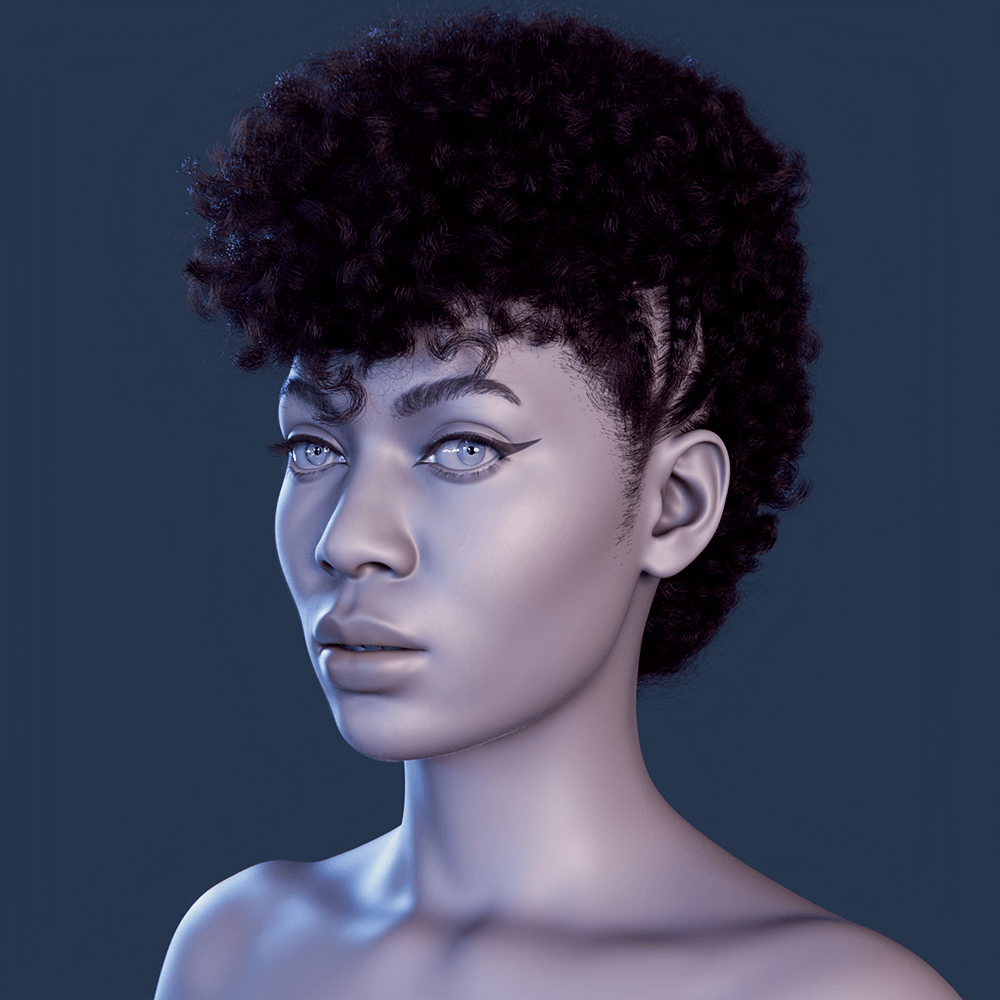
Conclusion: How Beards Enhance Character Depth and Appeal in Gaming
Beards in video games go beyond aesthetics, they serve as storytelling tools. They signify time, wisdom (like Kratos or Ezio), or personality (like Dorian Pavus’s refined mustache or Trevor’s chaotic scruff). Facial hair adds realism, making characters feel more alive as their beards grow or turn gray over time. Iconic beards become part of gaming history, helping characters stand out in pop culture (e.g., Solid Snake’s scruffy beard or Mario’s mustache).
As technology evolves, beards will become even more dynamic, but their narrative purpose will remain key. Developers will continue using facial hair to show hardship, distinguish characters, and reinforce archetypes. Ultimately, a well-designed beard turns digital models into lasting, memorable personalities.
Recommended
How to Create a Sci-Fi Metahuman in Unreal Engine 5: A Step-by-Step Guide
Rendering Multiple Camera Angles Simultaneously in Blender with The View Keeper
Can you render a 360-degree view using Blender cameras?
How do I lock a camera to an object in Blender?
What is the “Lock Camera to View” feature in Blender?
How to Automate Blender Camera Switching with The View Keeper
How Do I Create a Cinematic Camera Shot in Blender?
The Debate Over Arcane’s Animation Style
How do I align the camera to an object’s surface in Blender?
